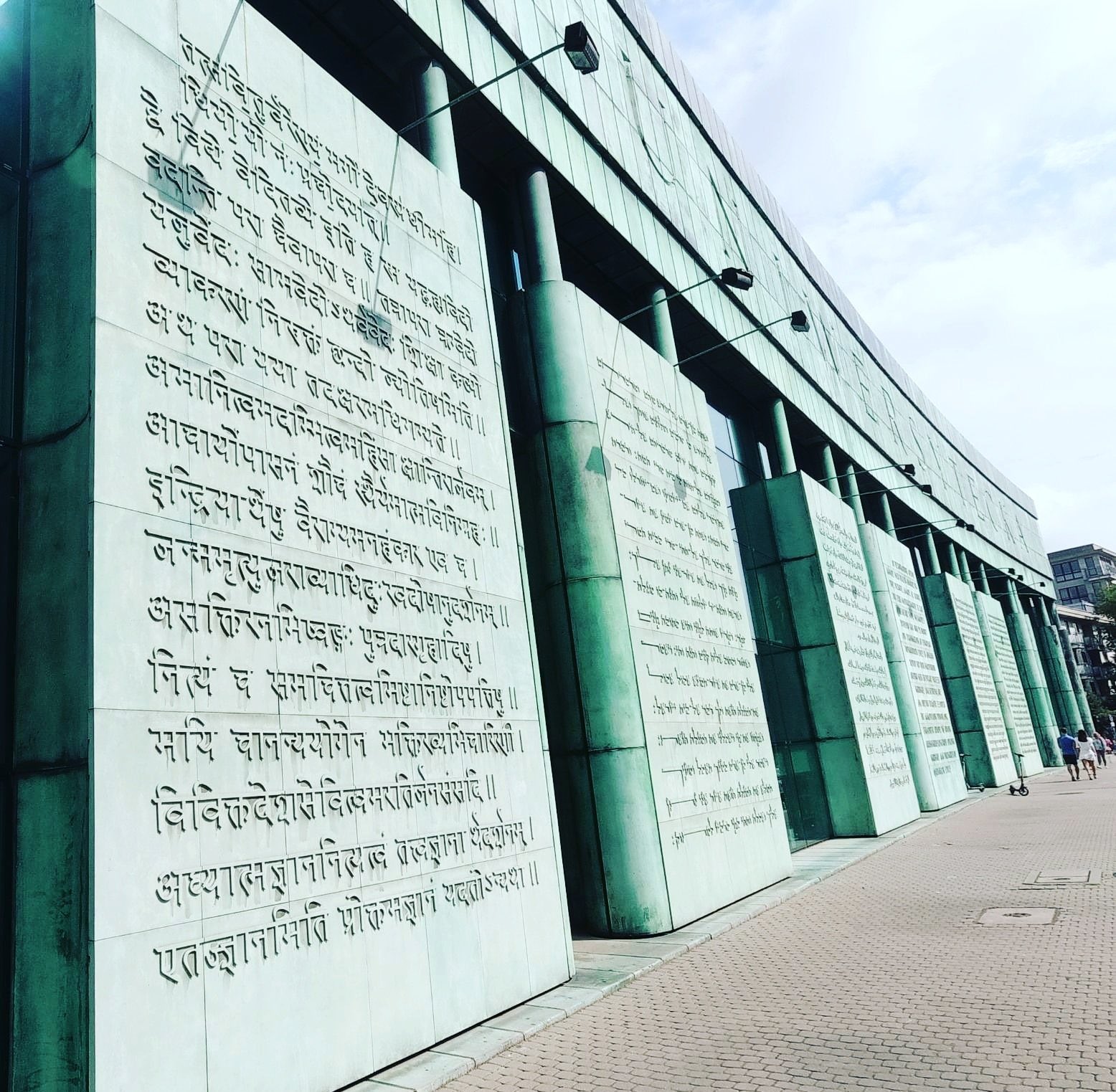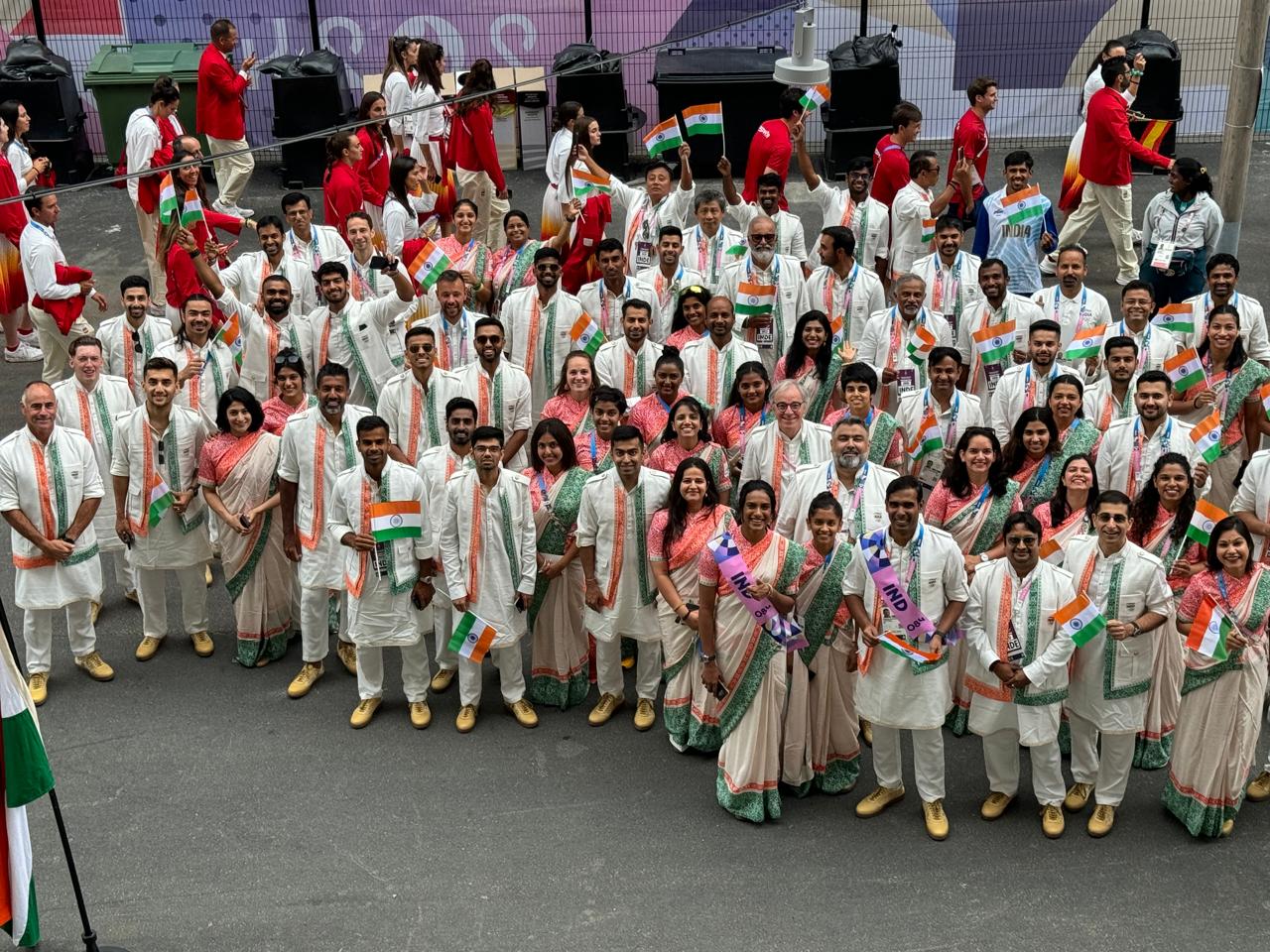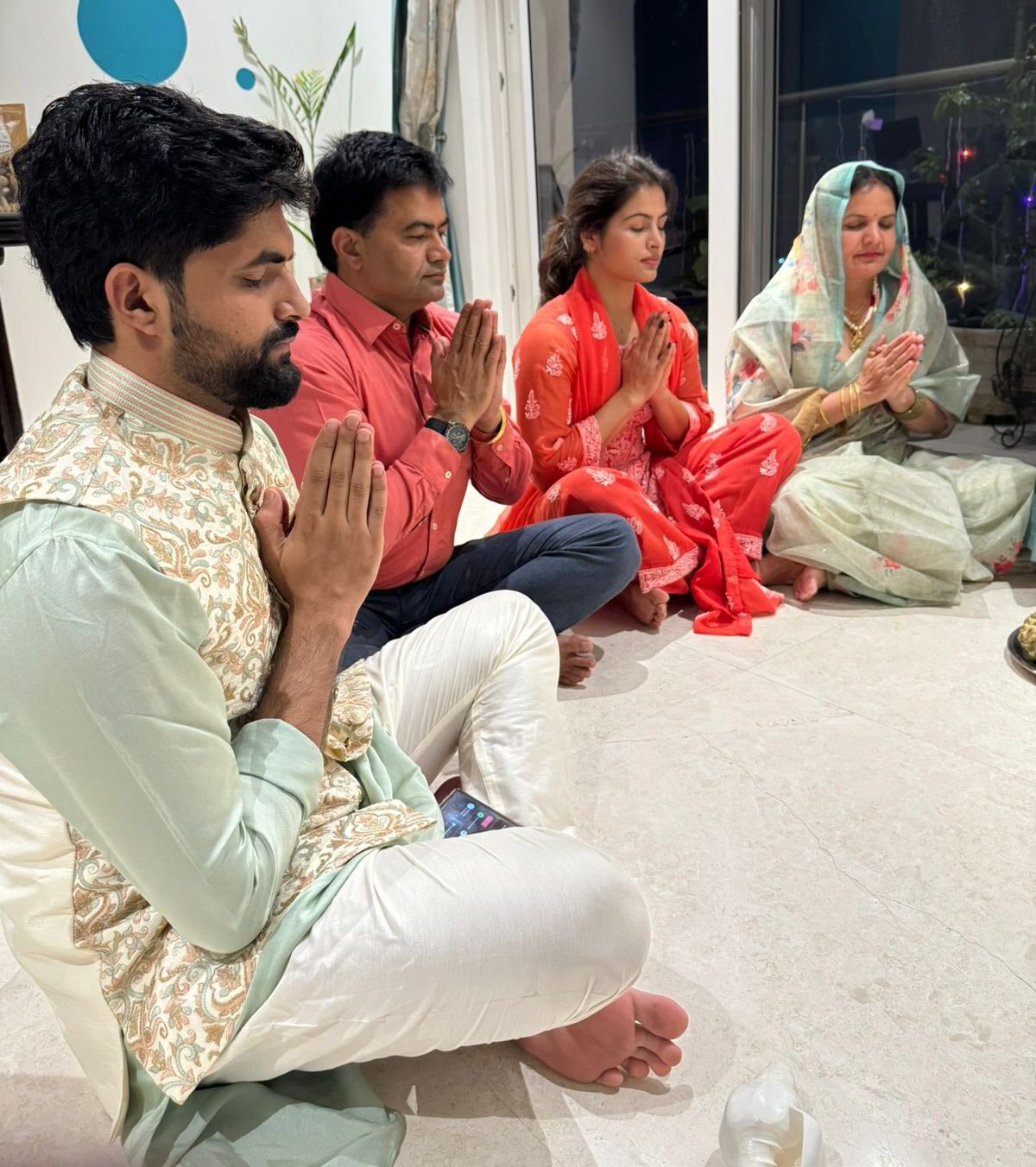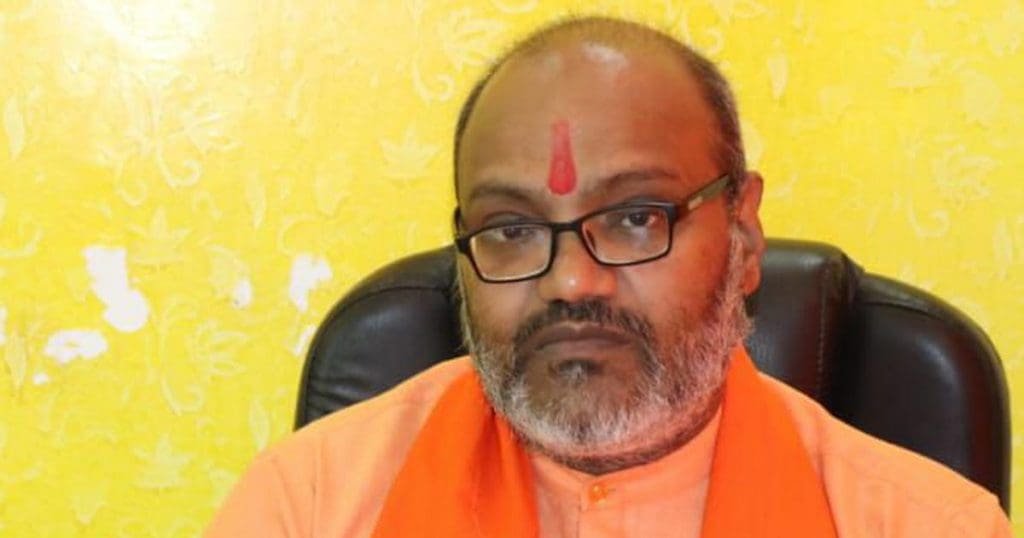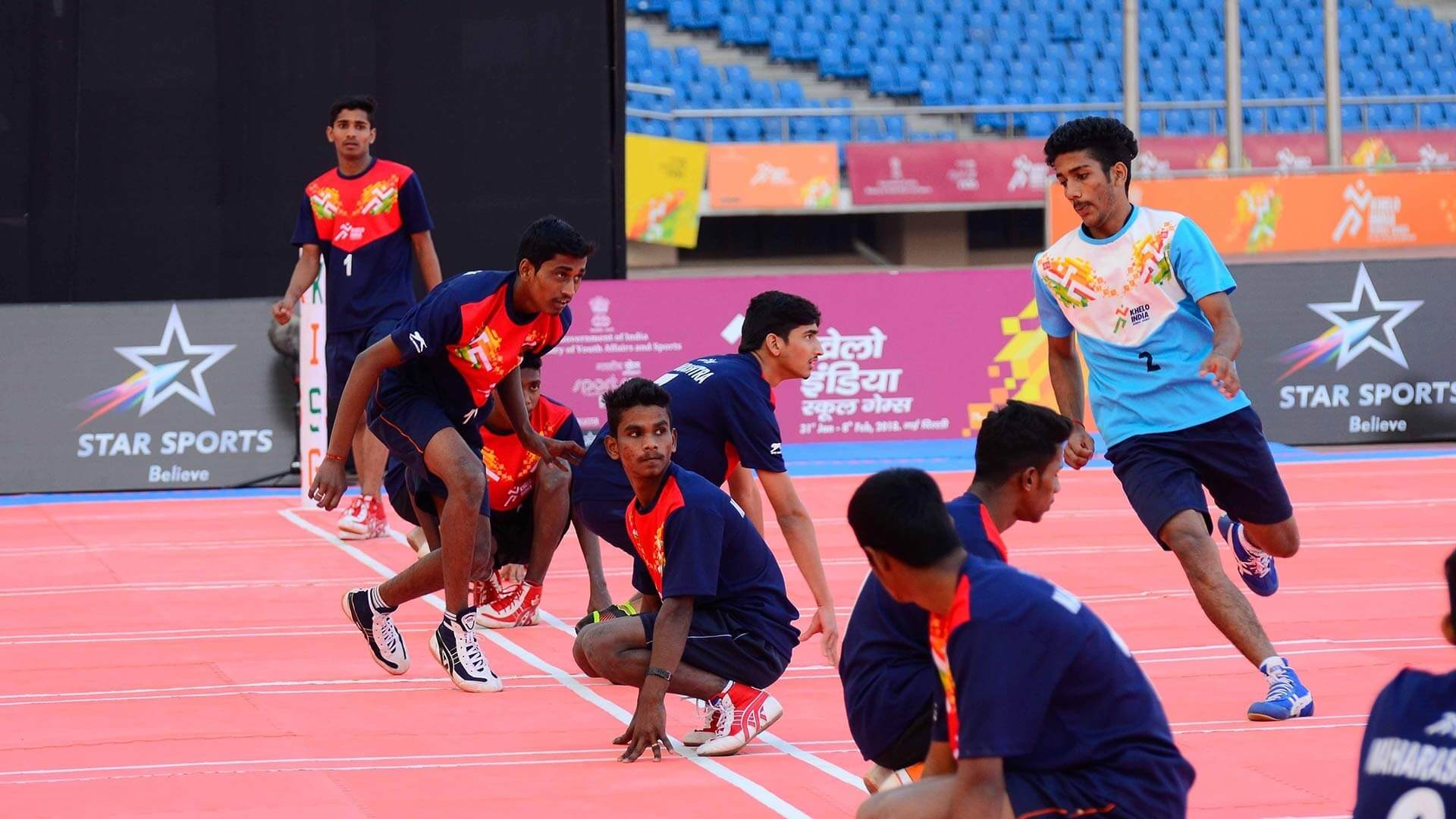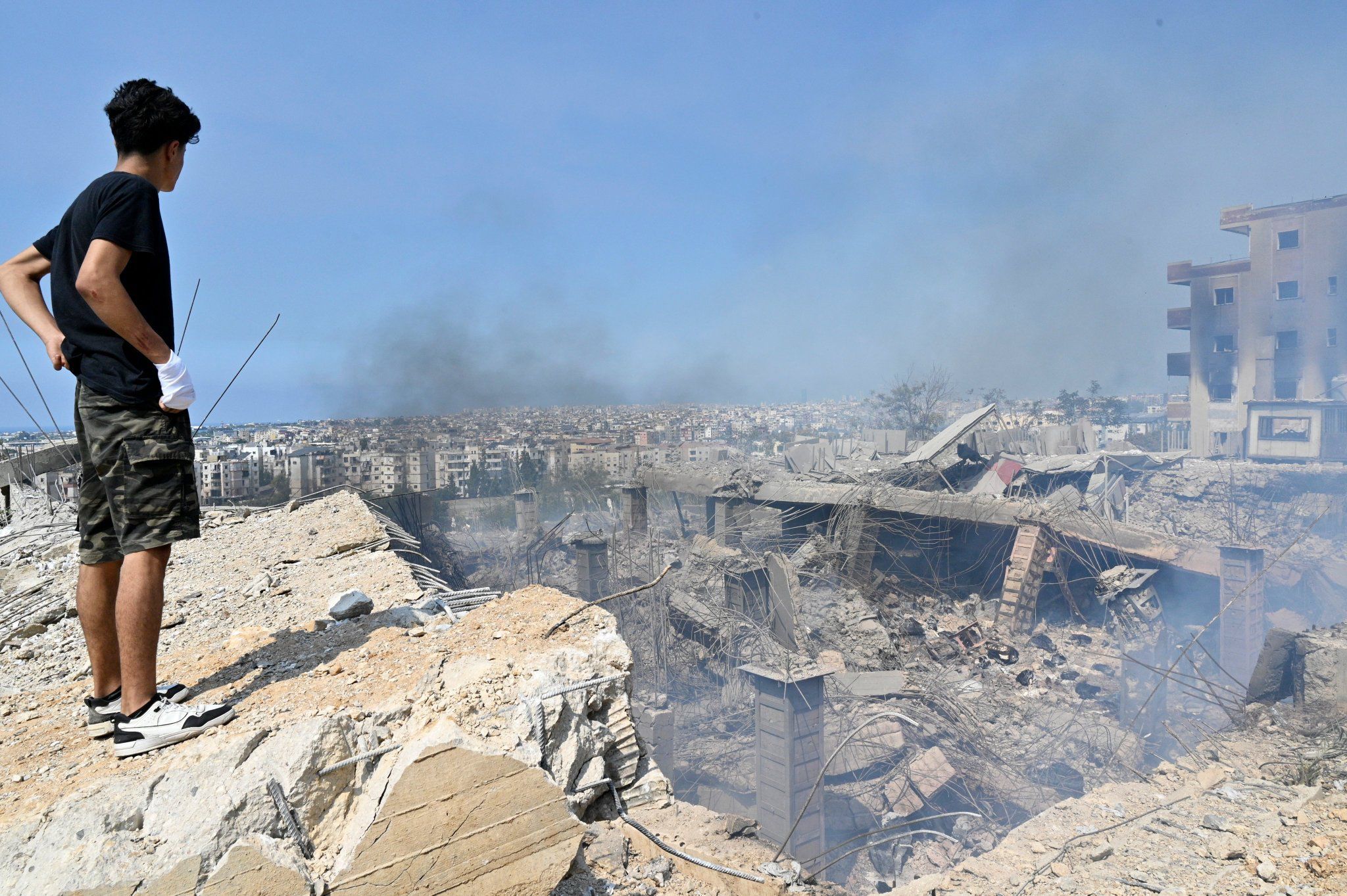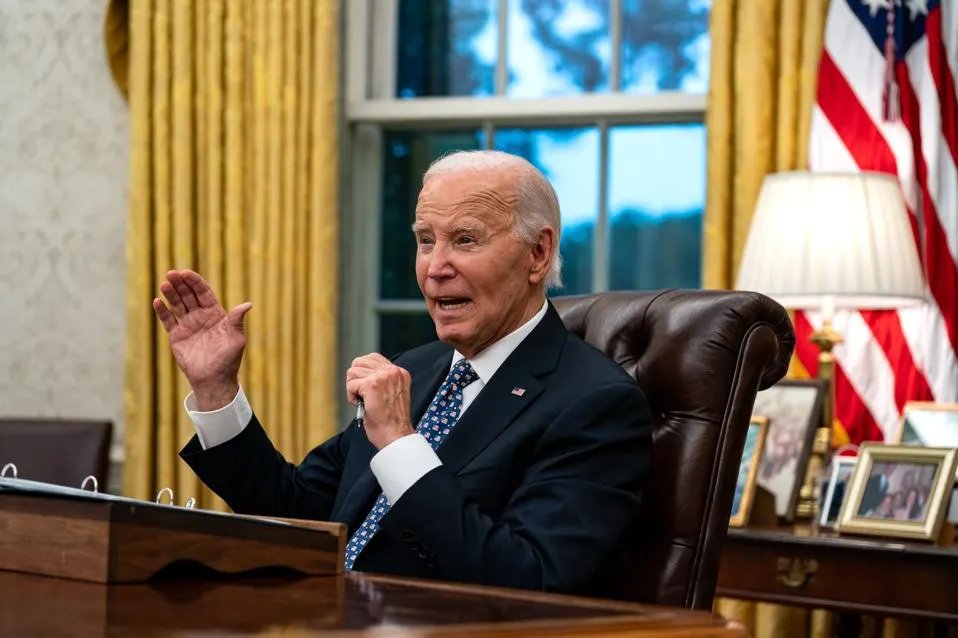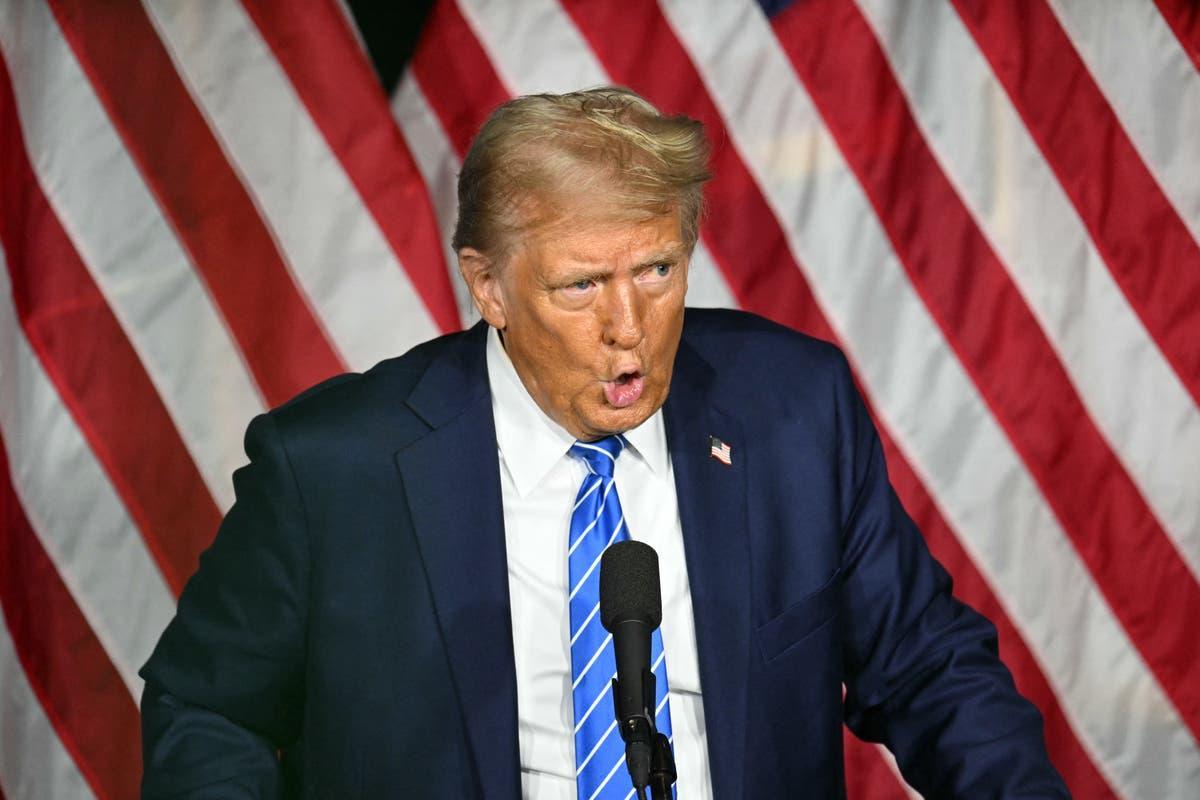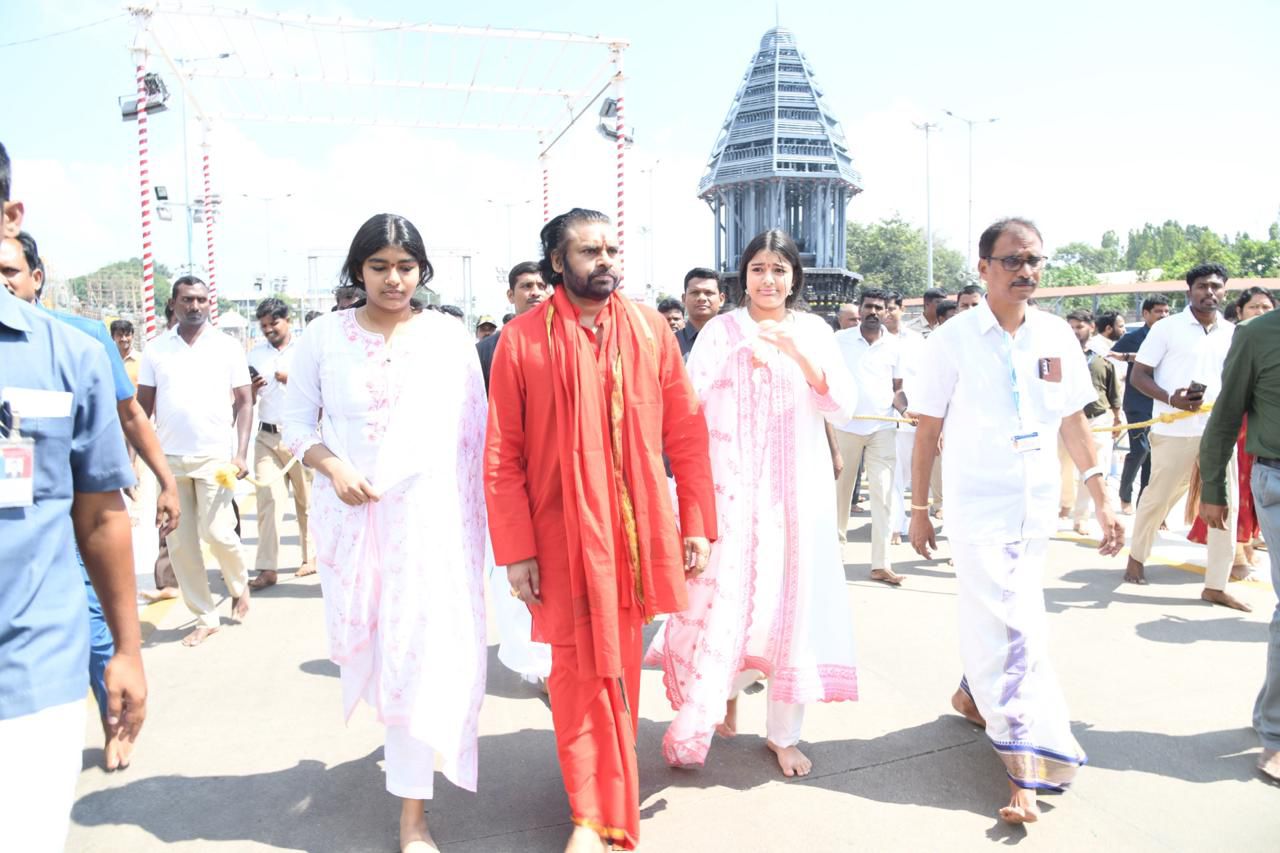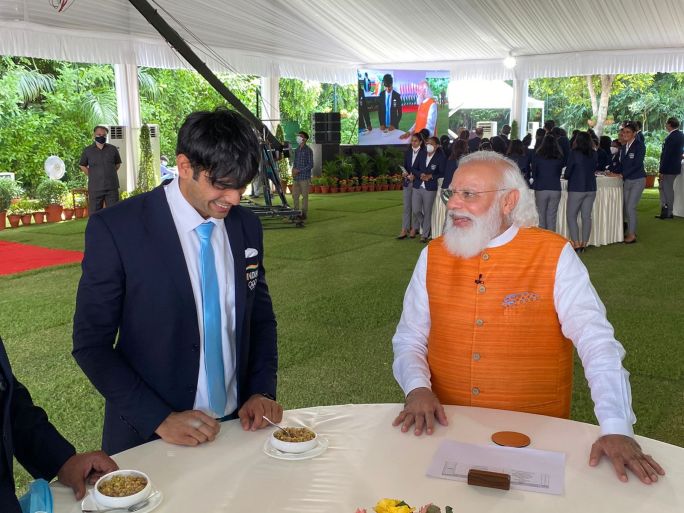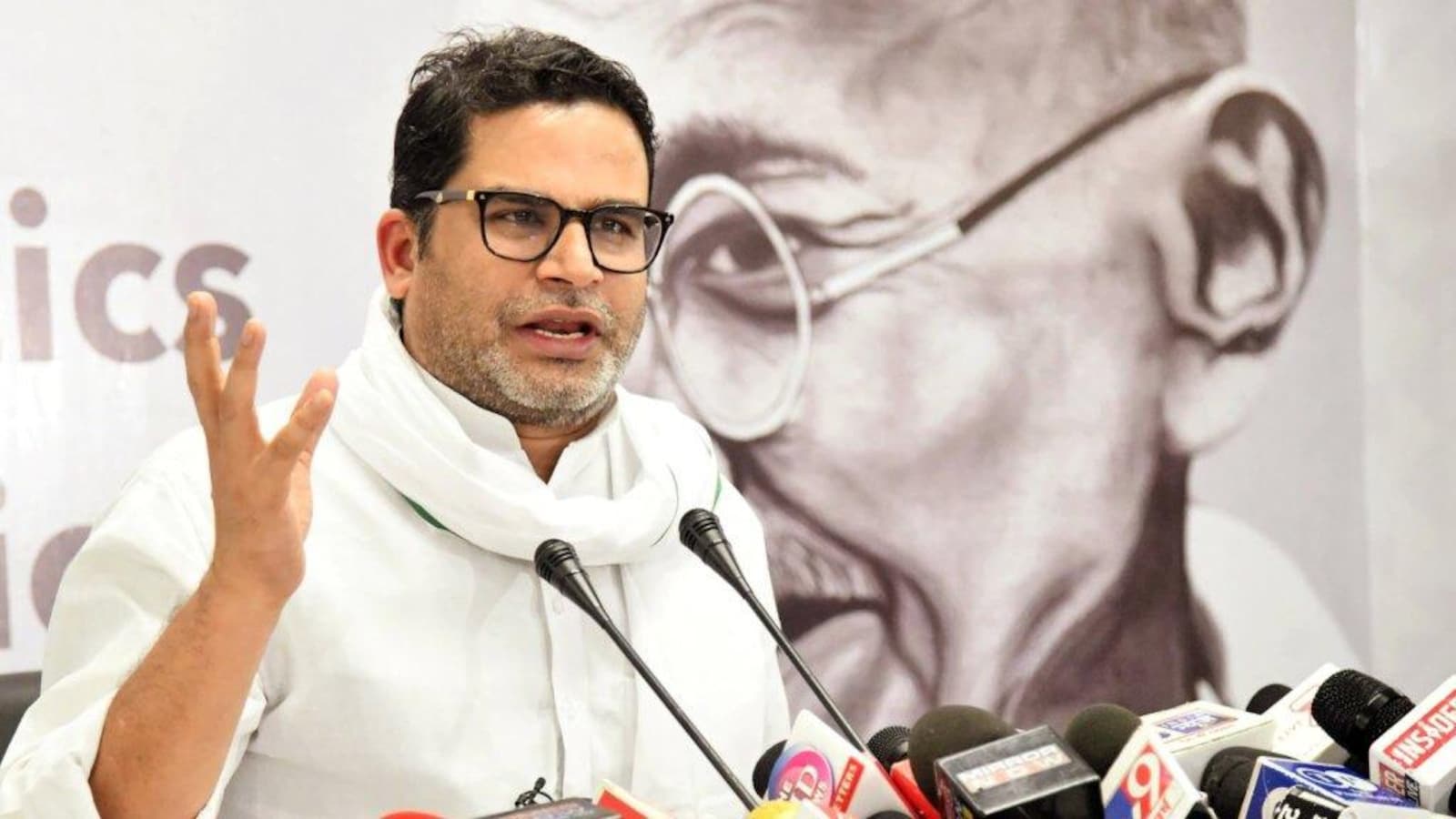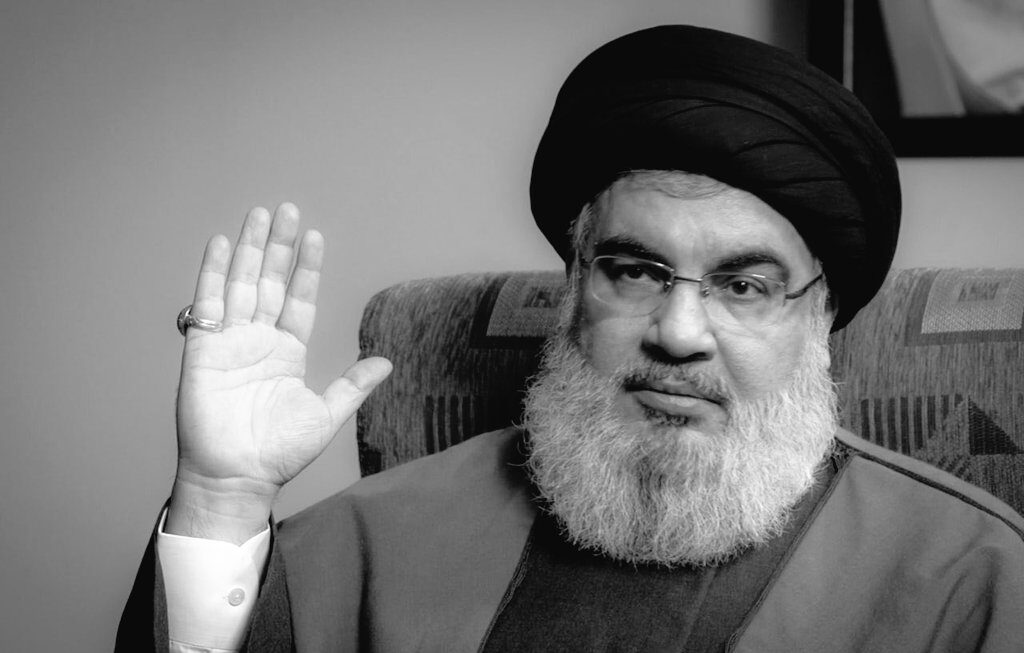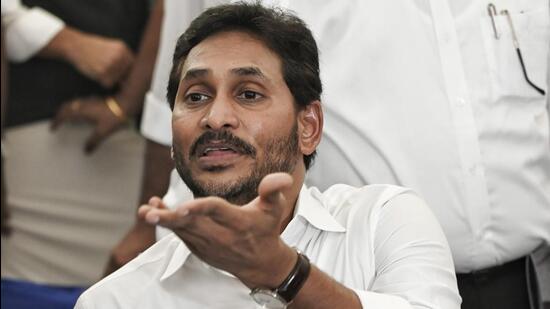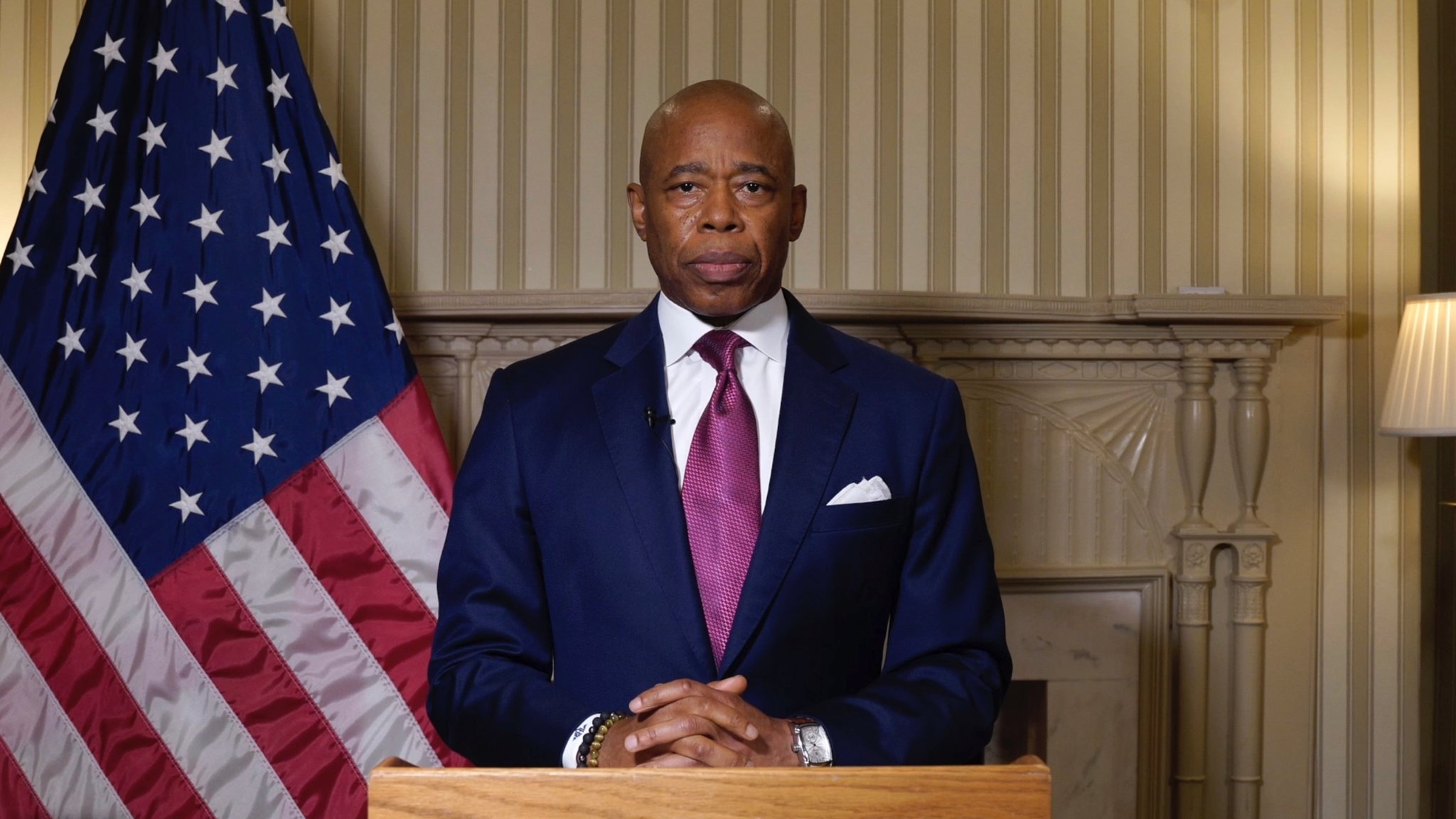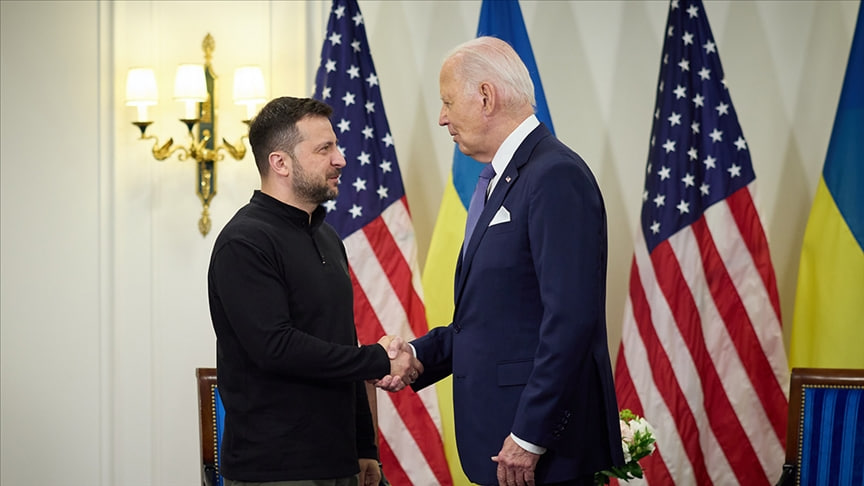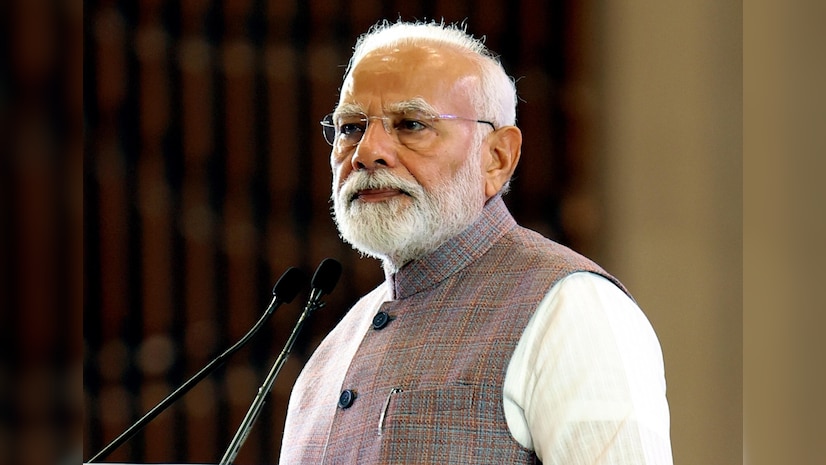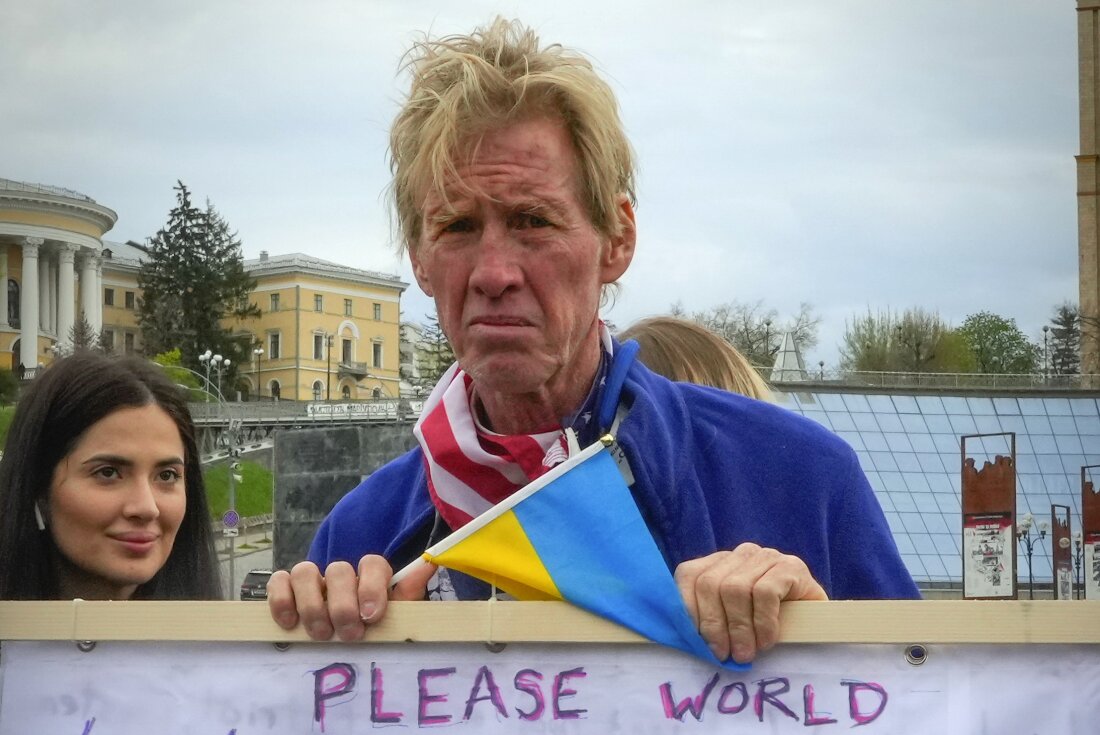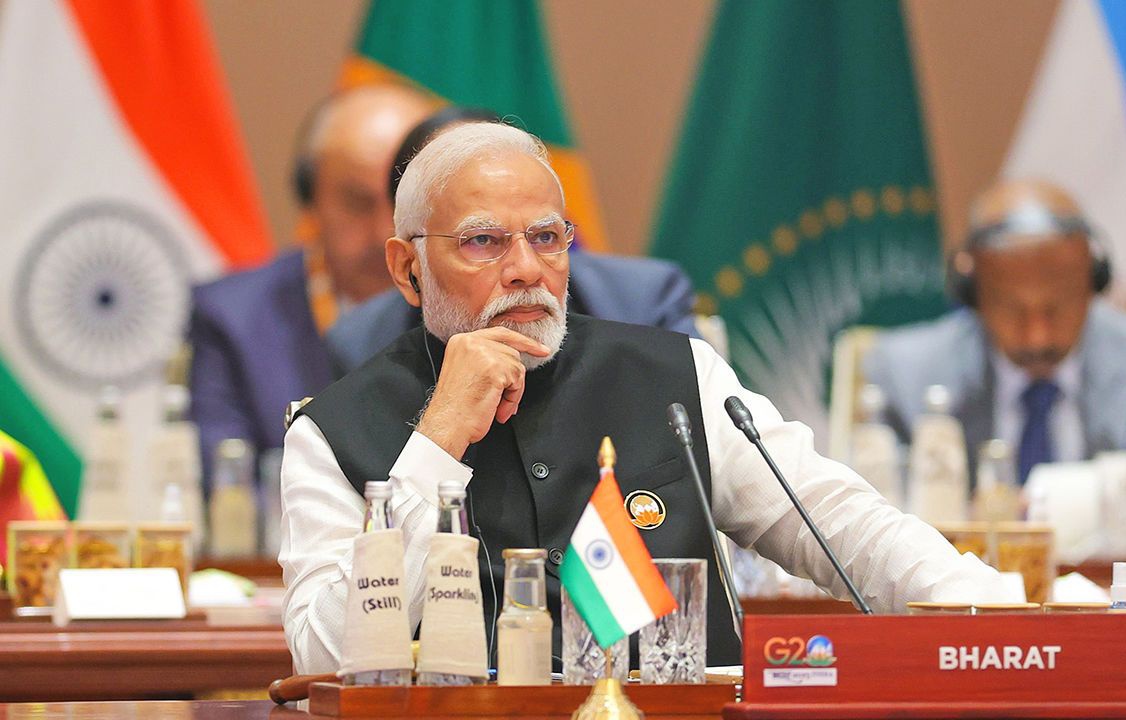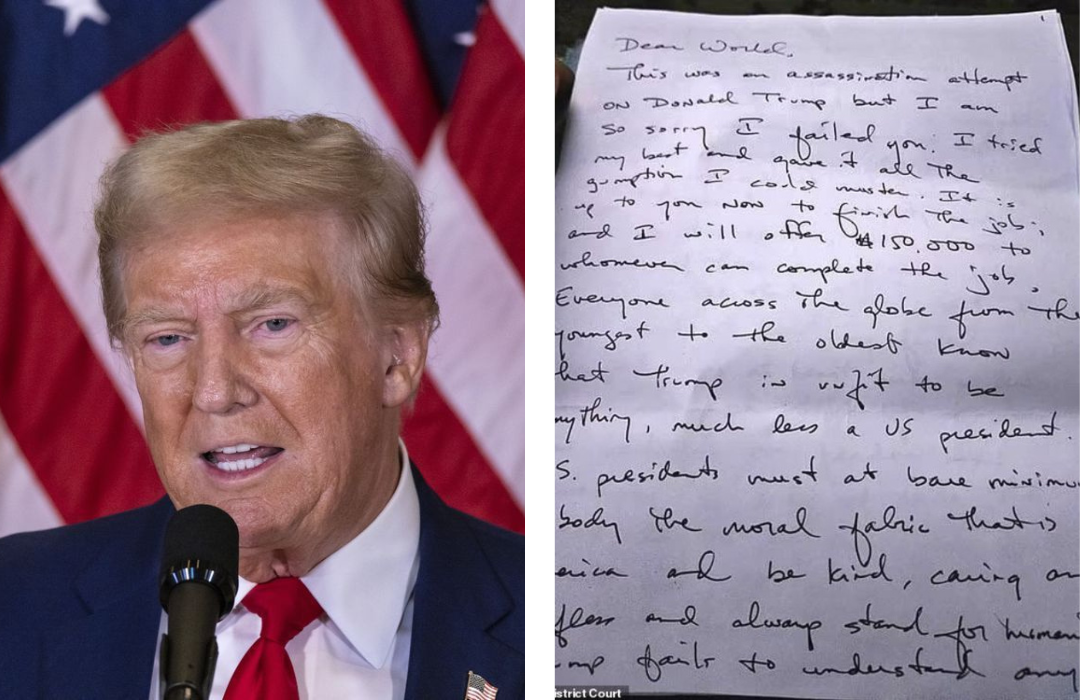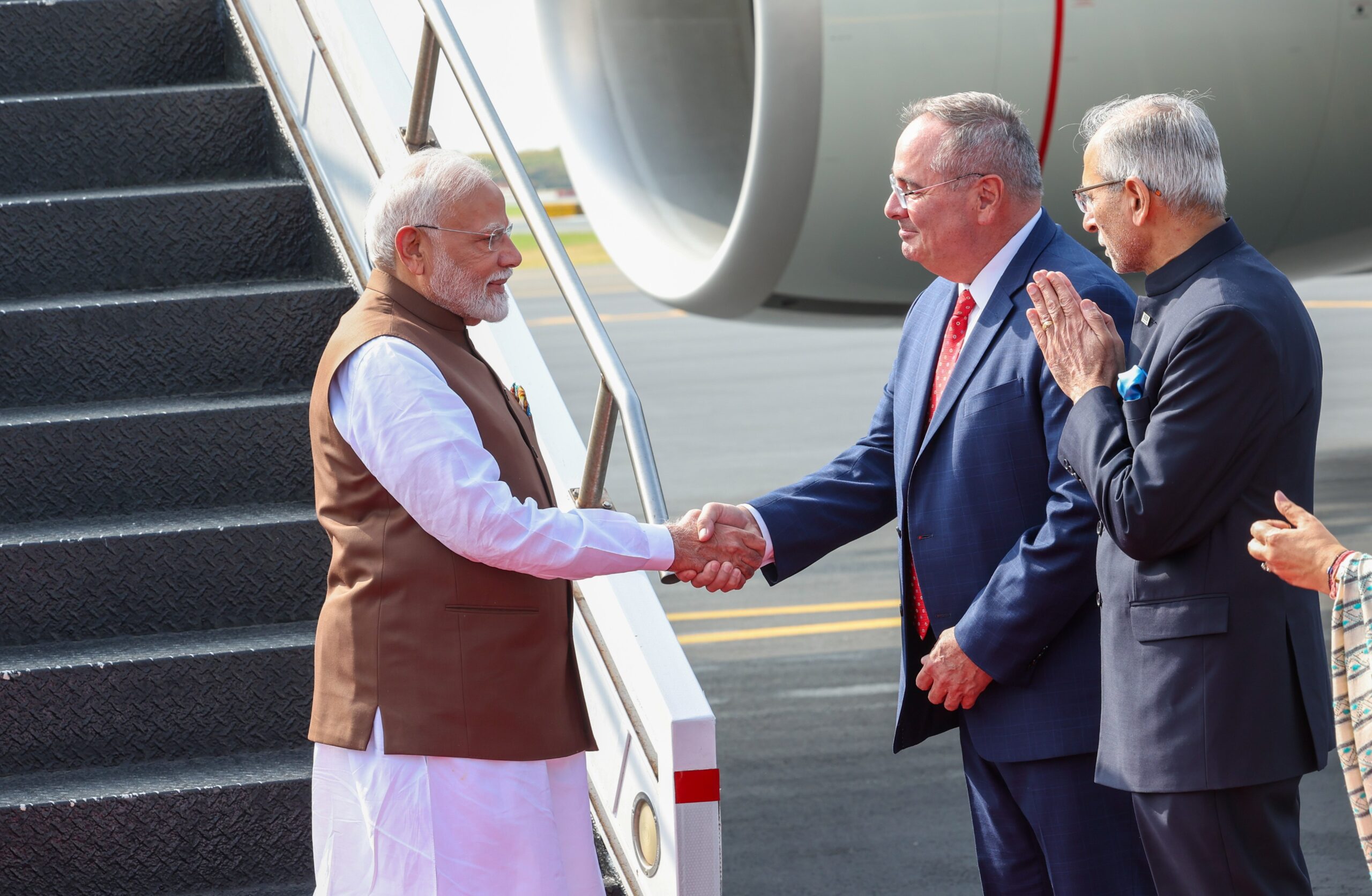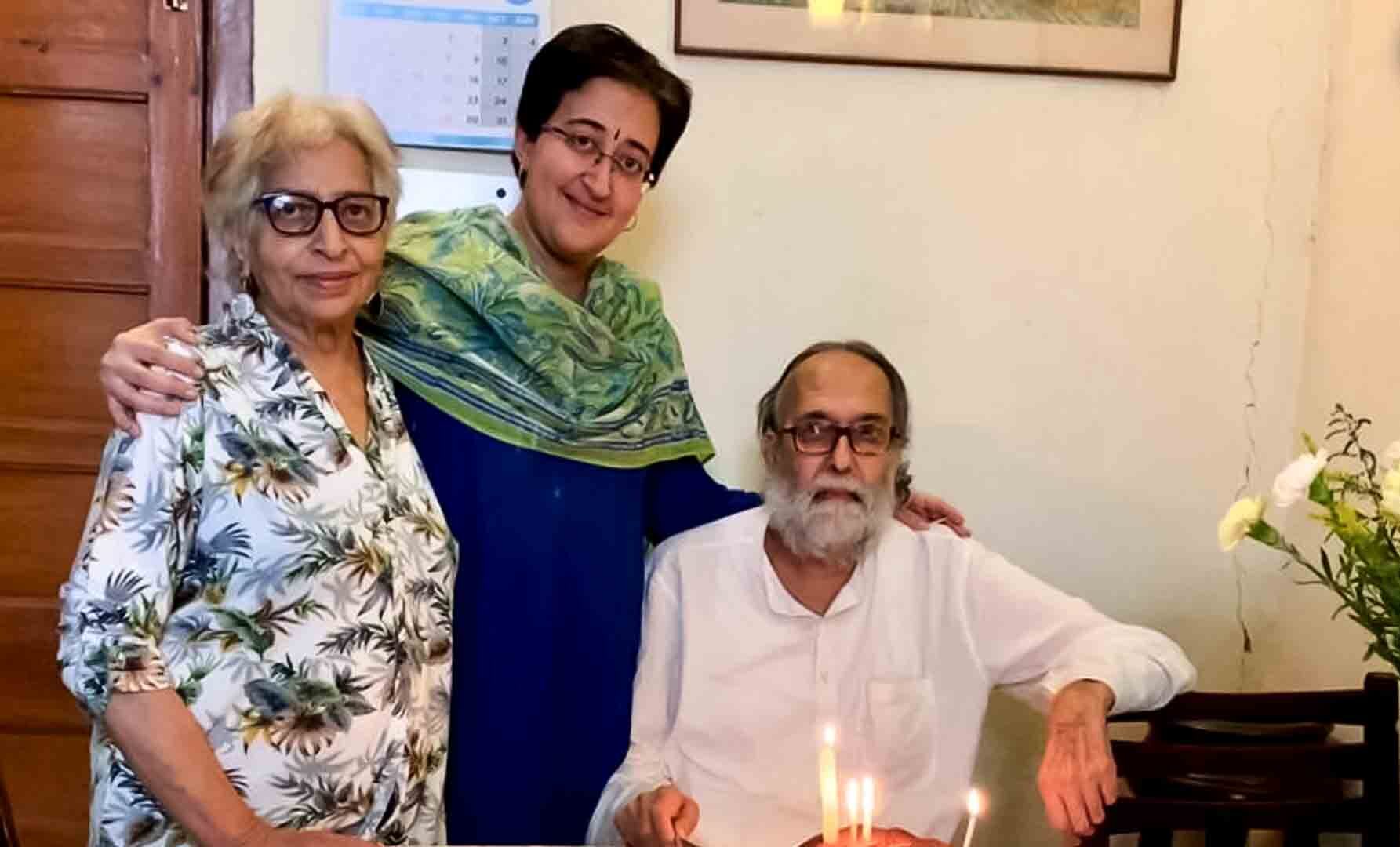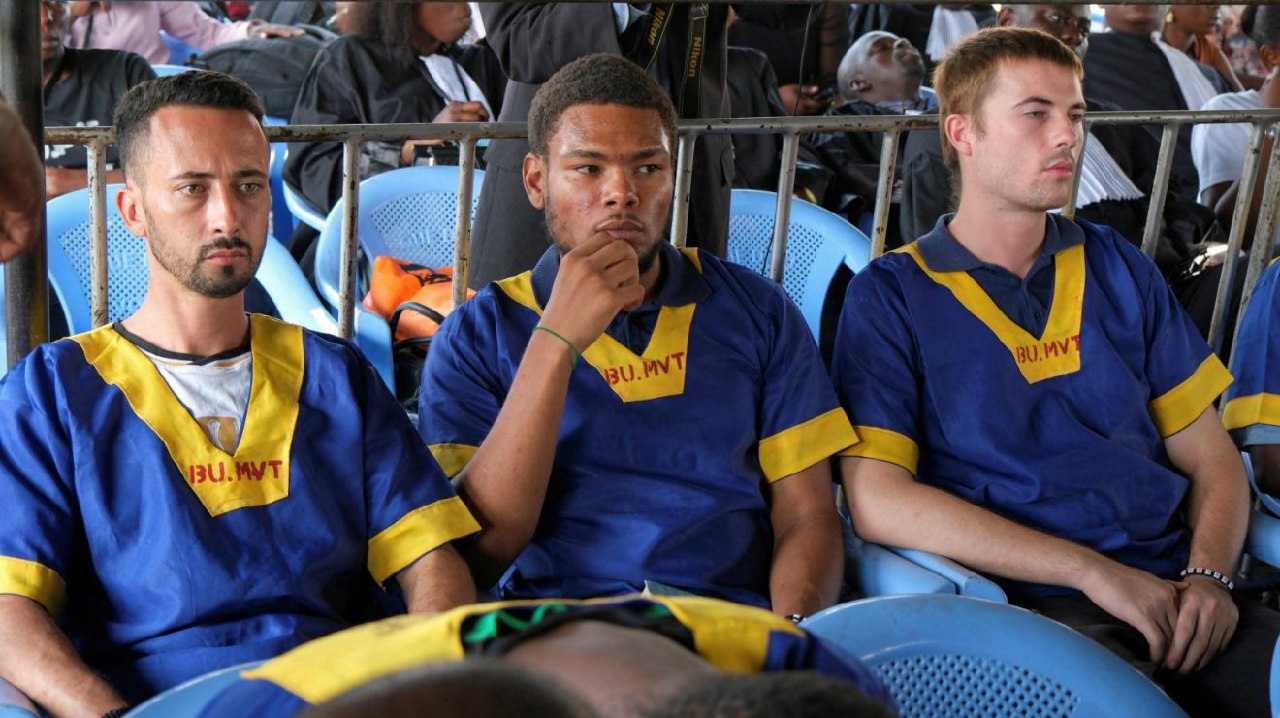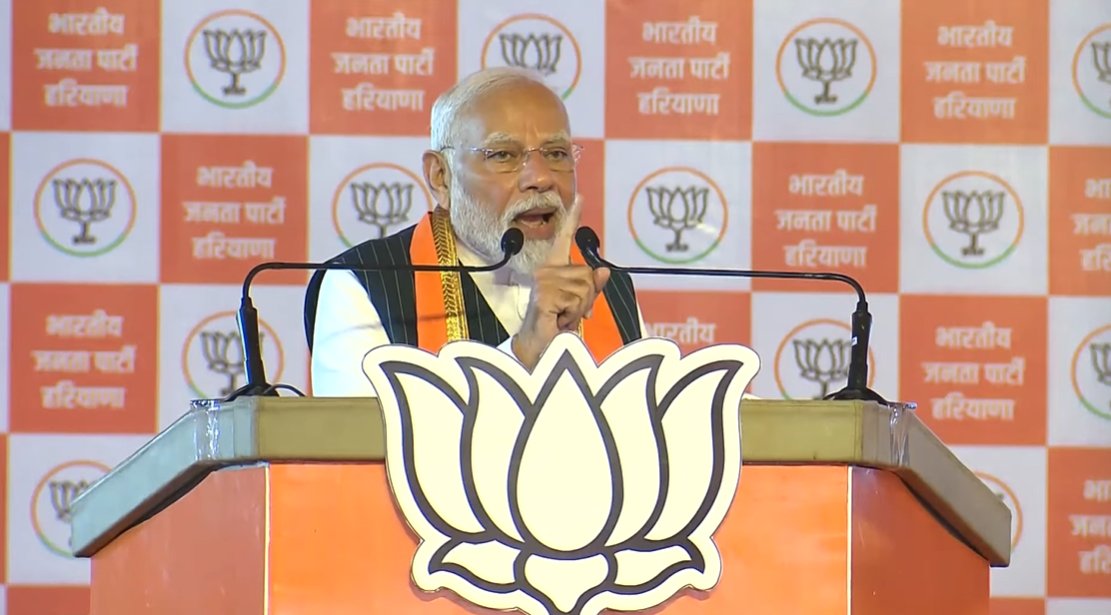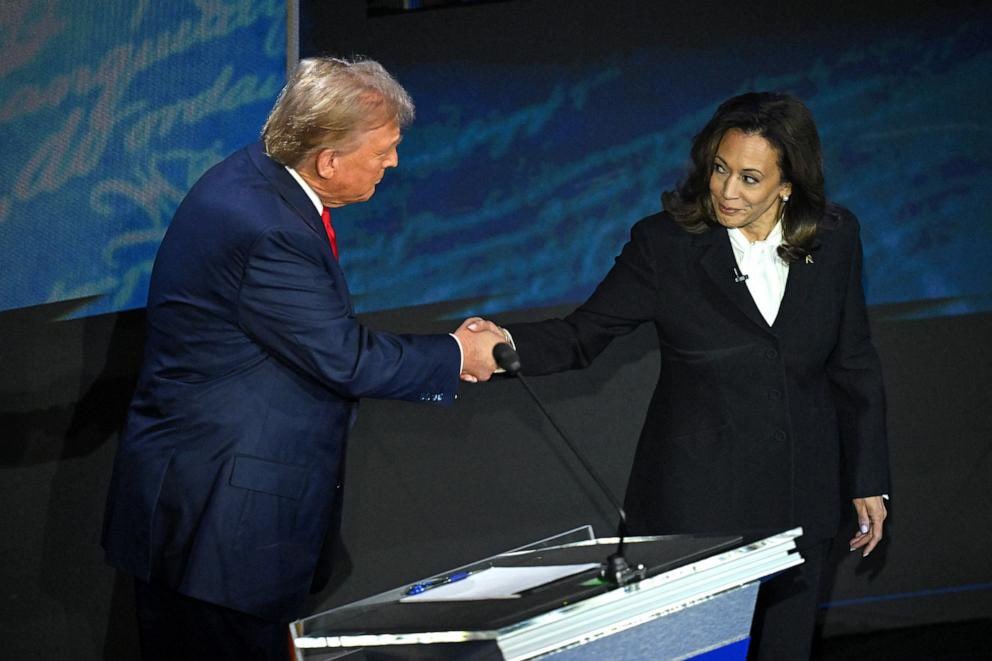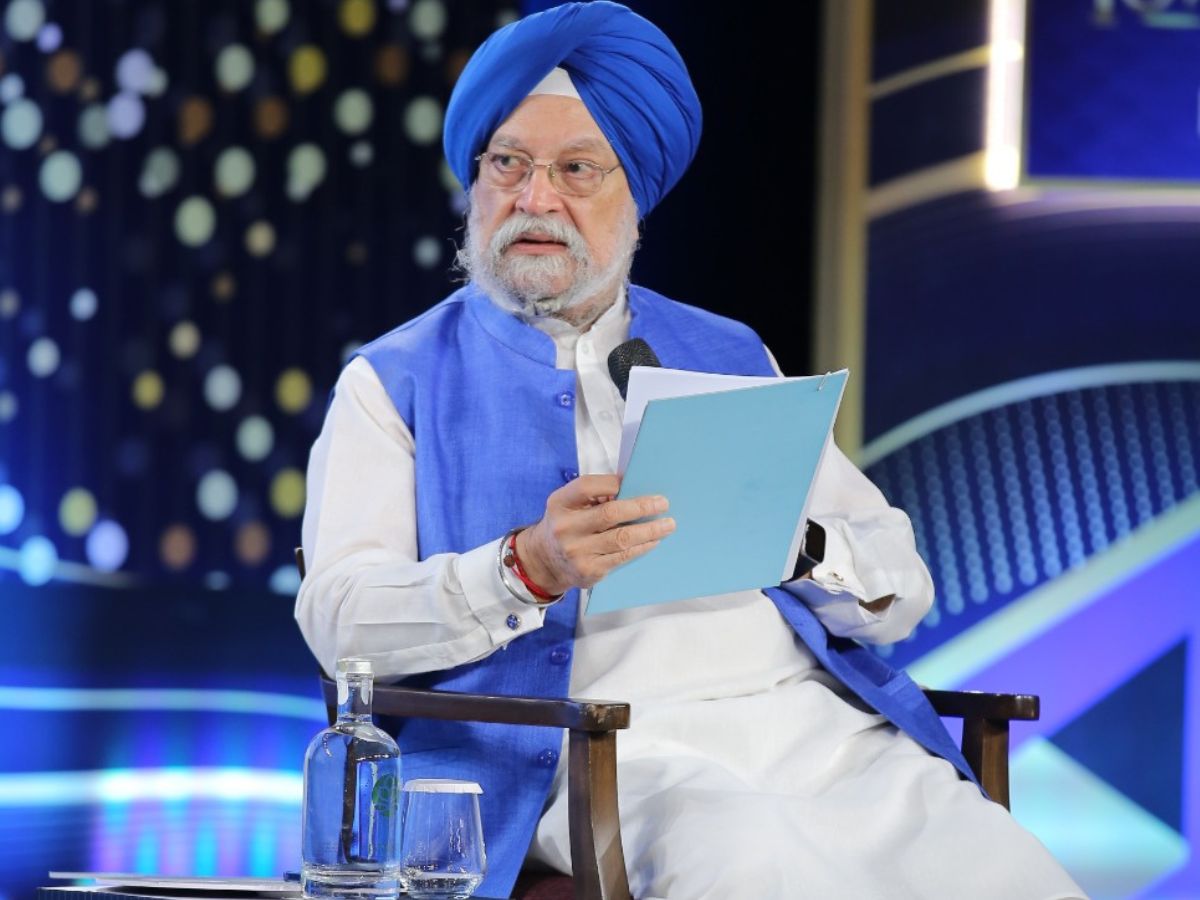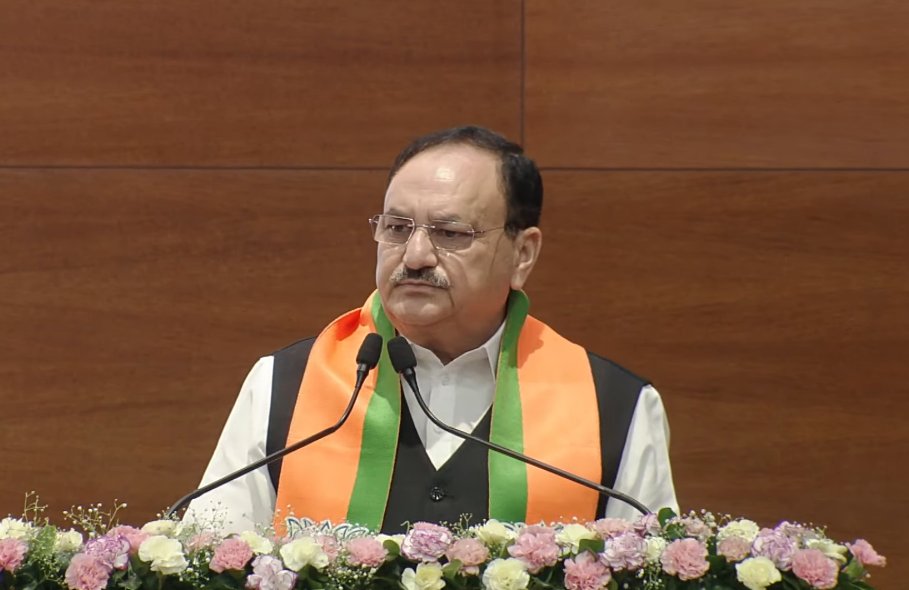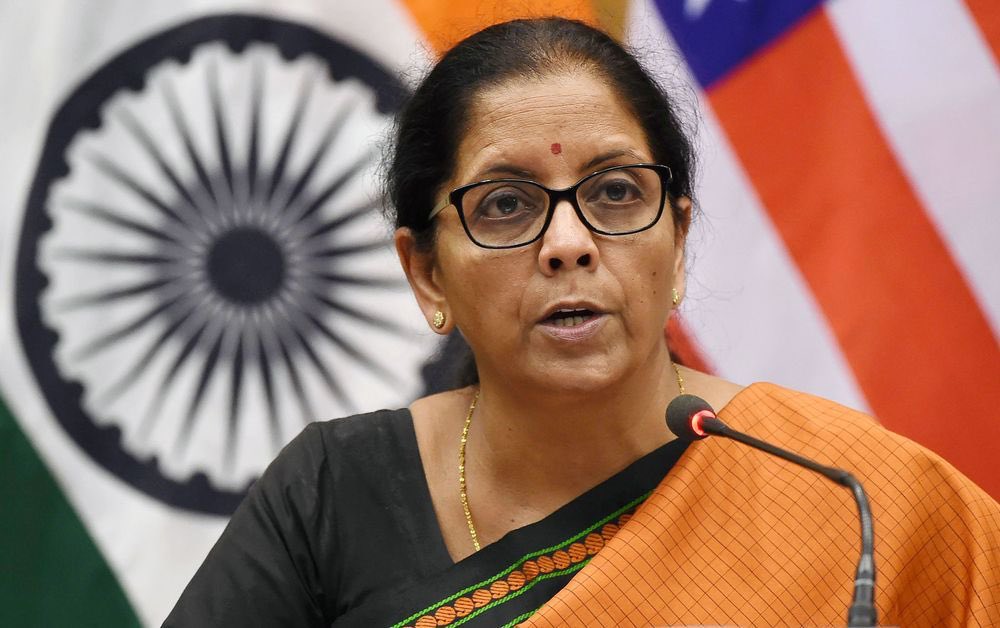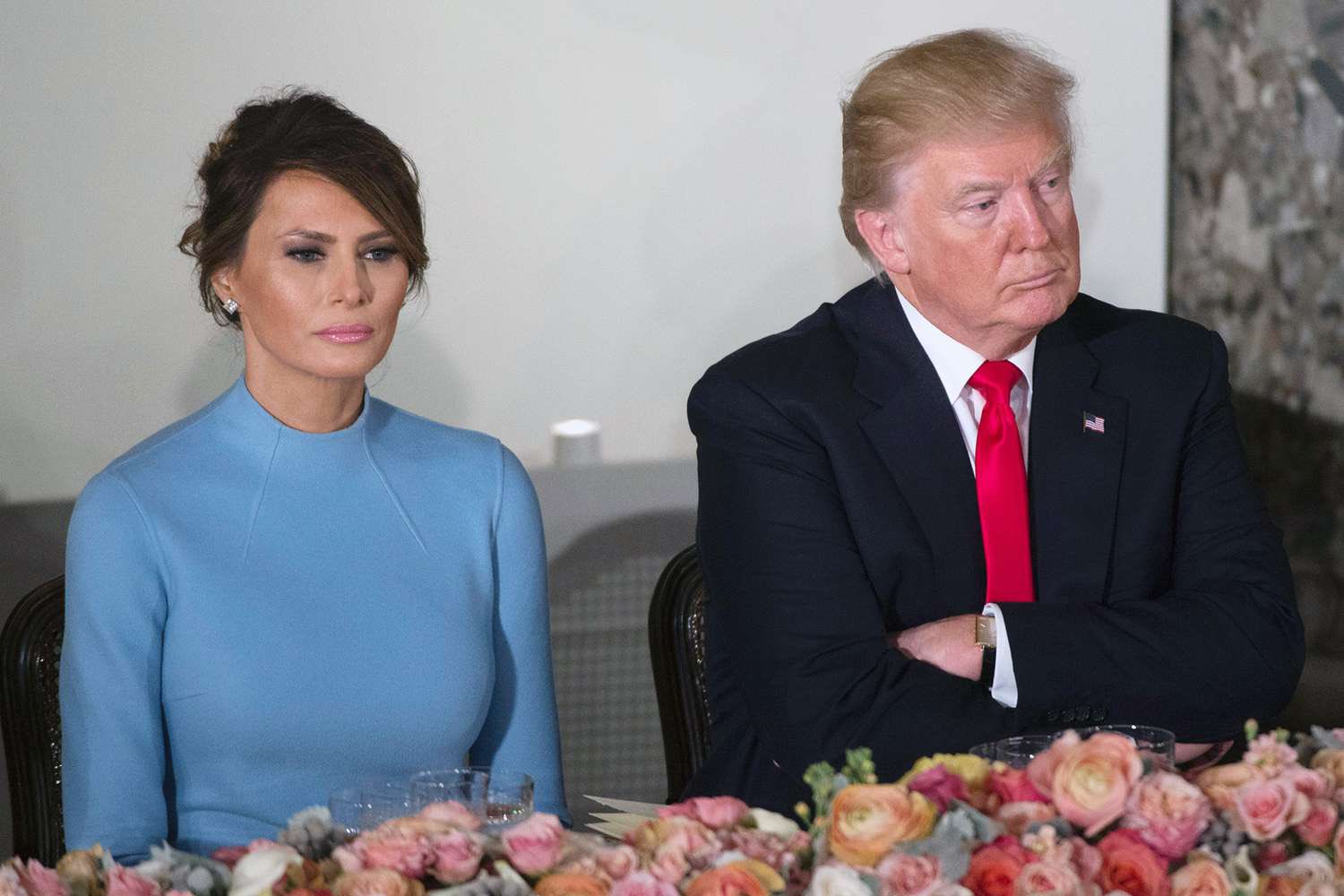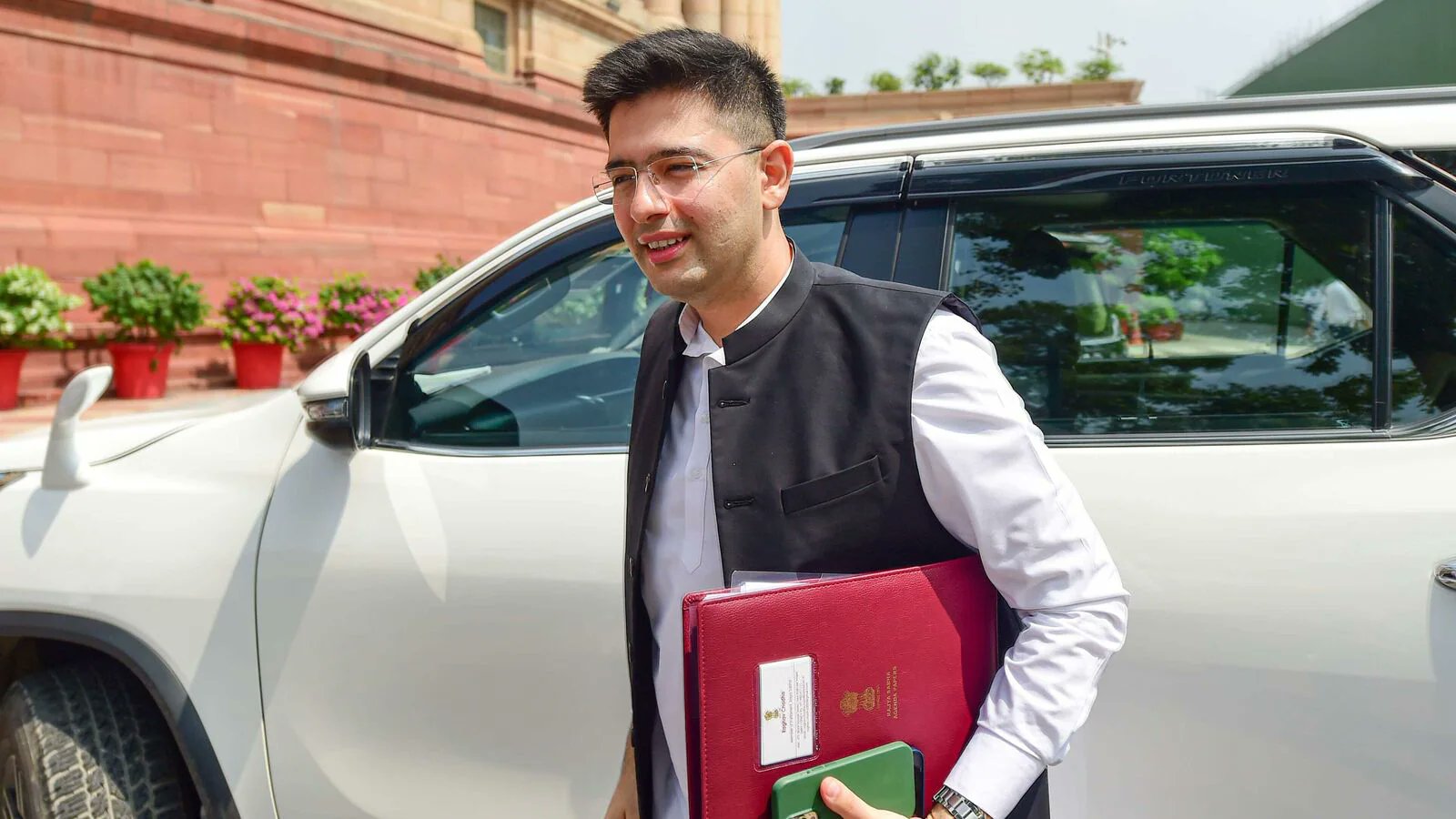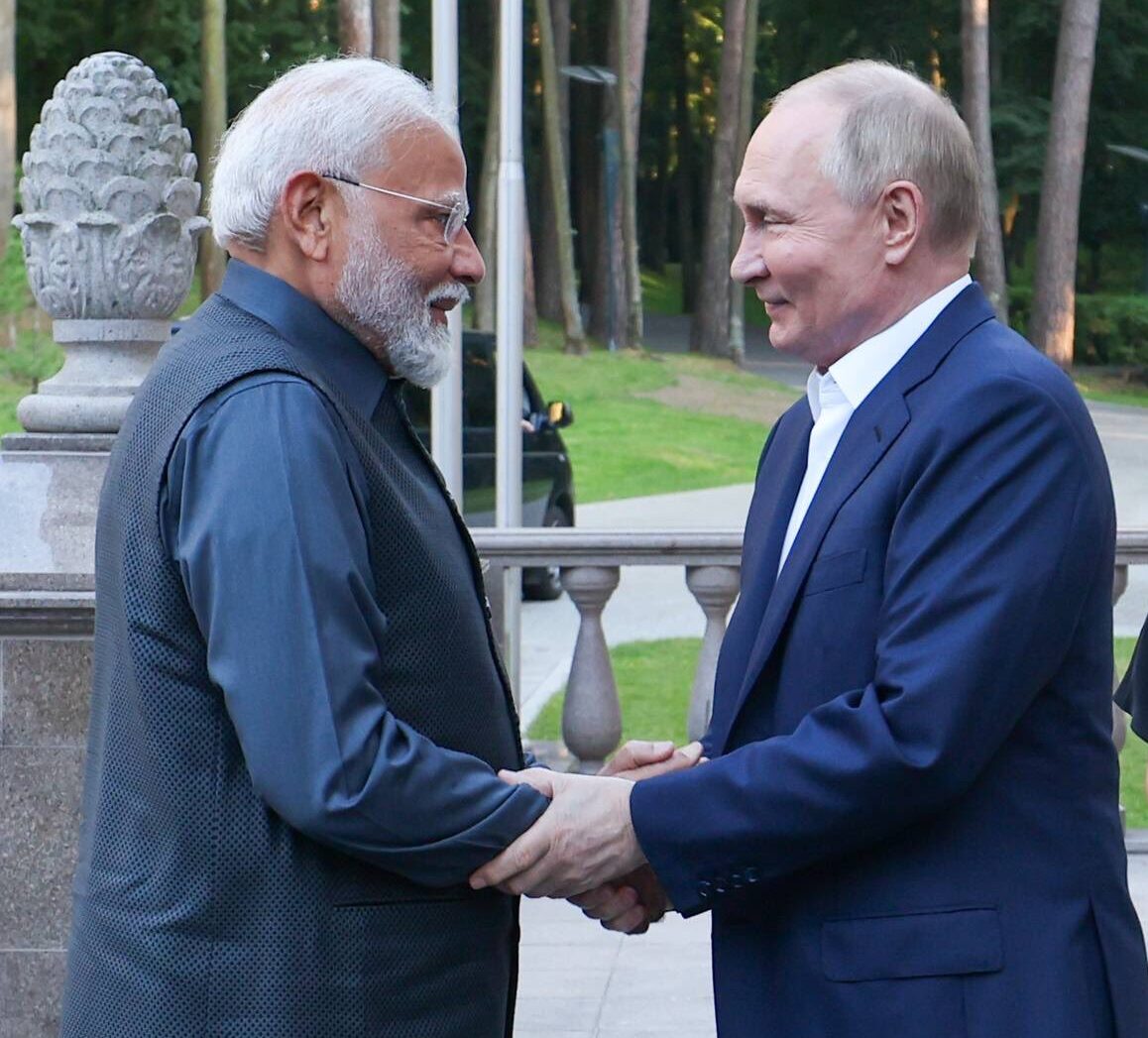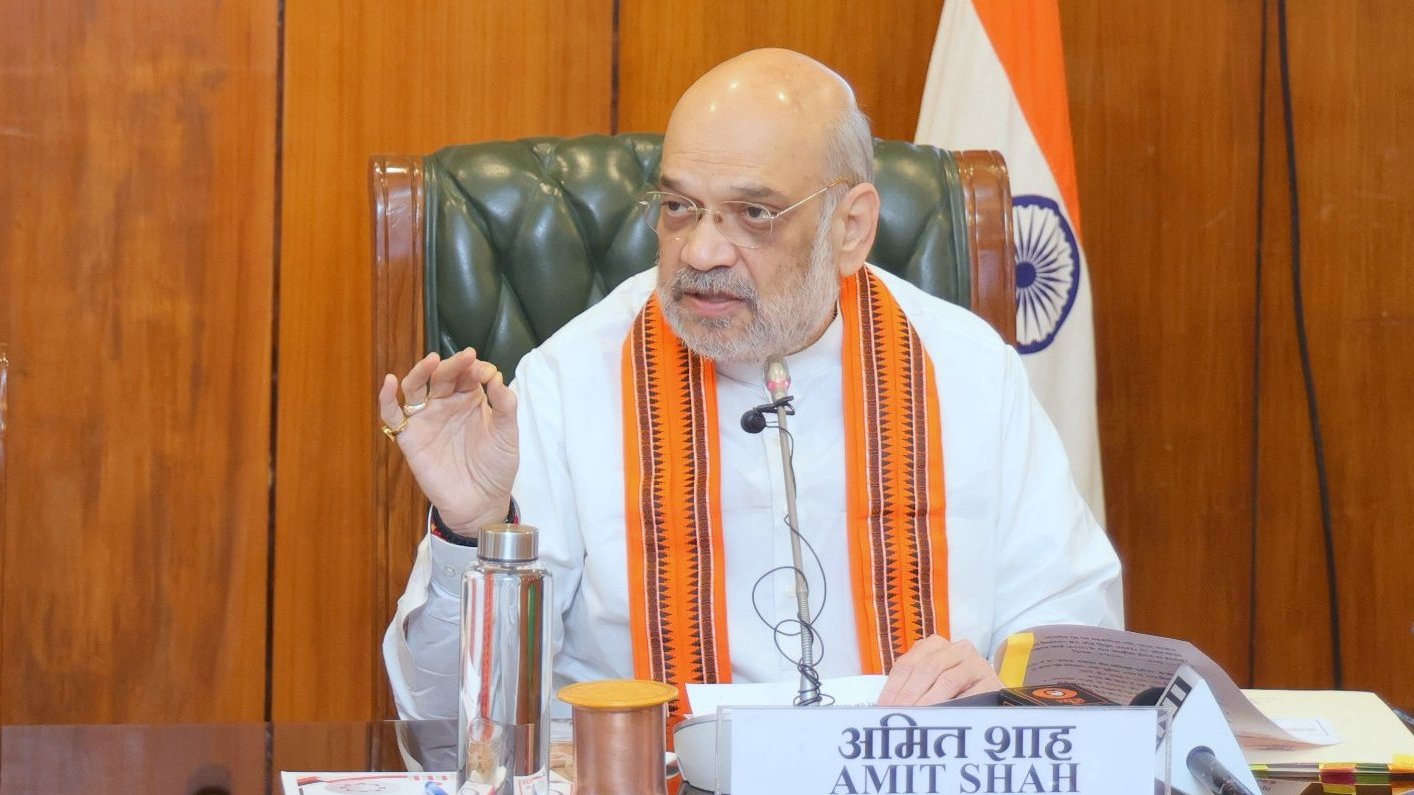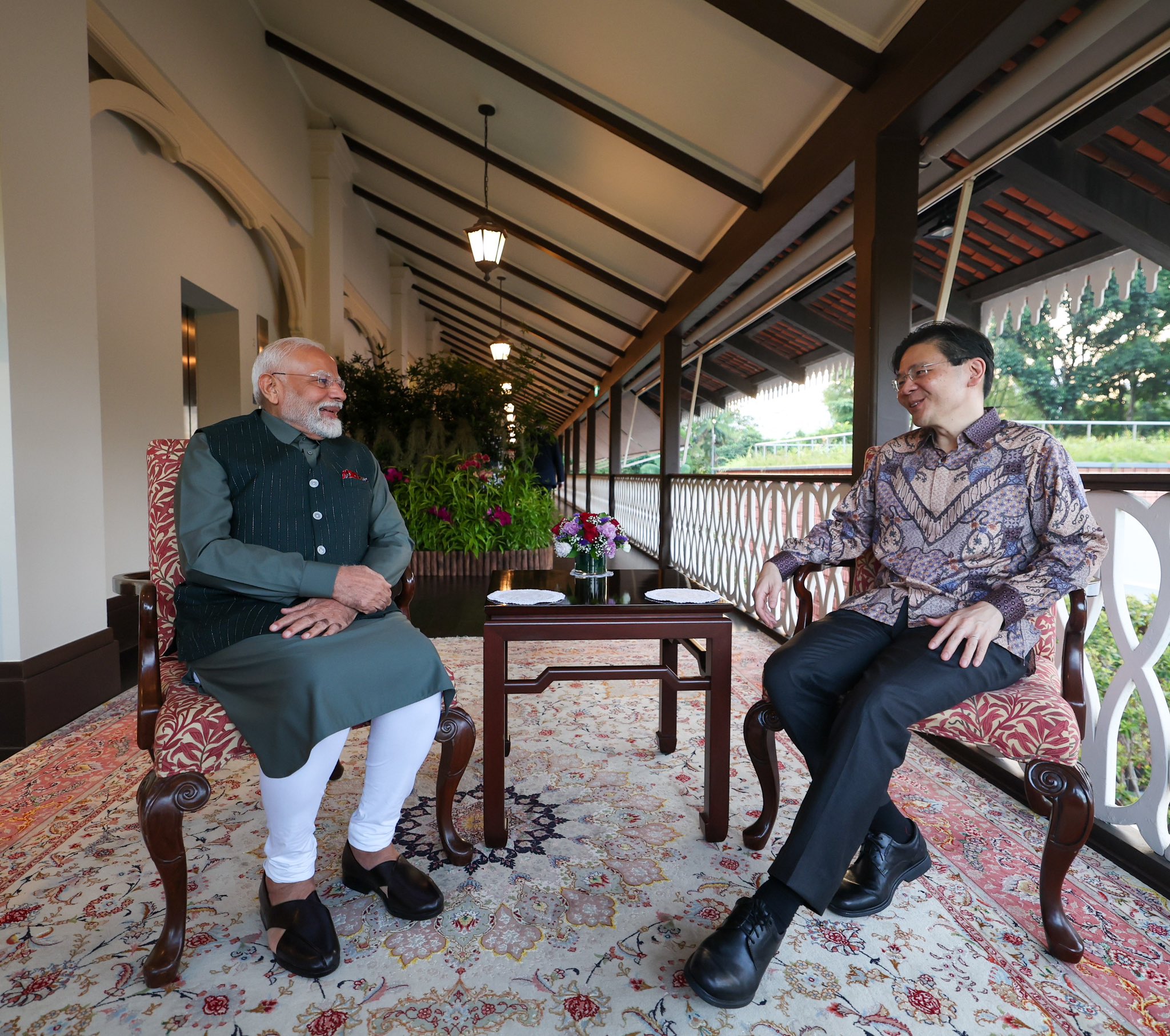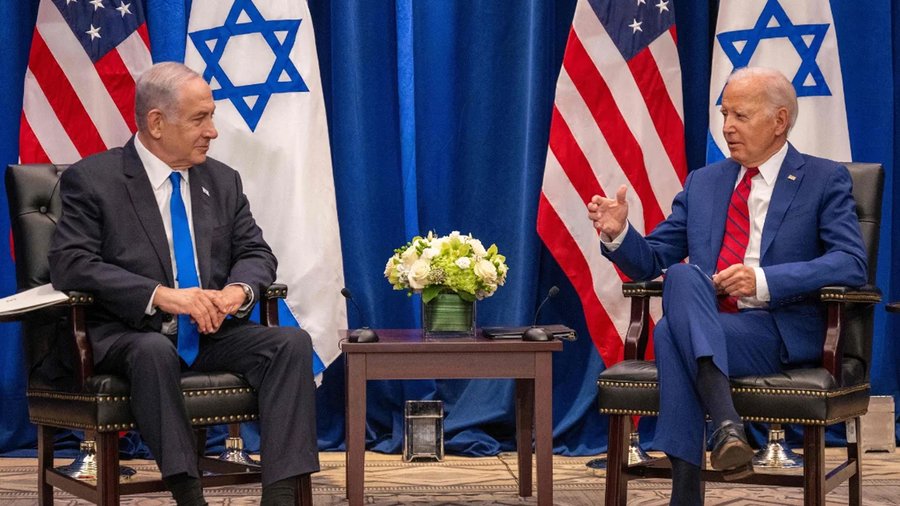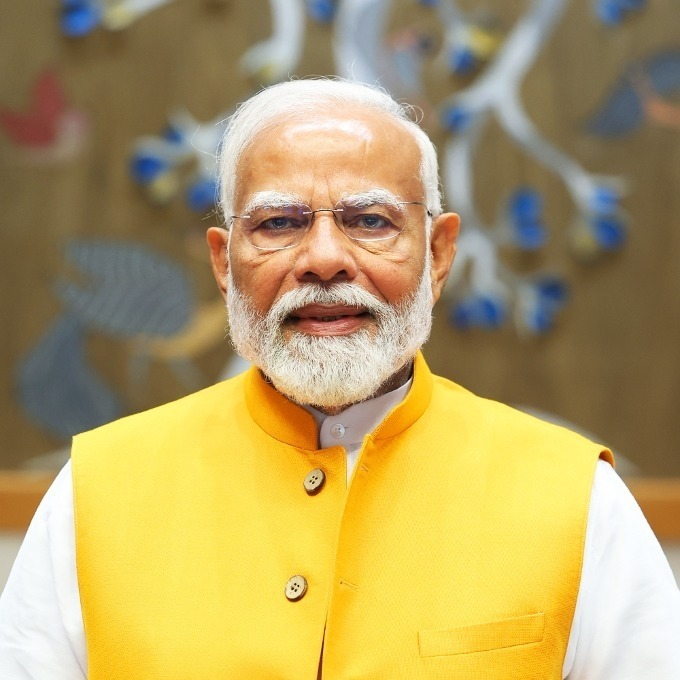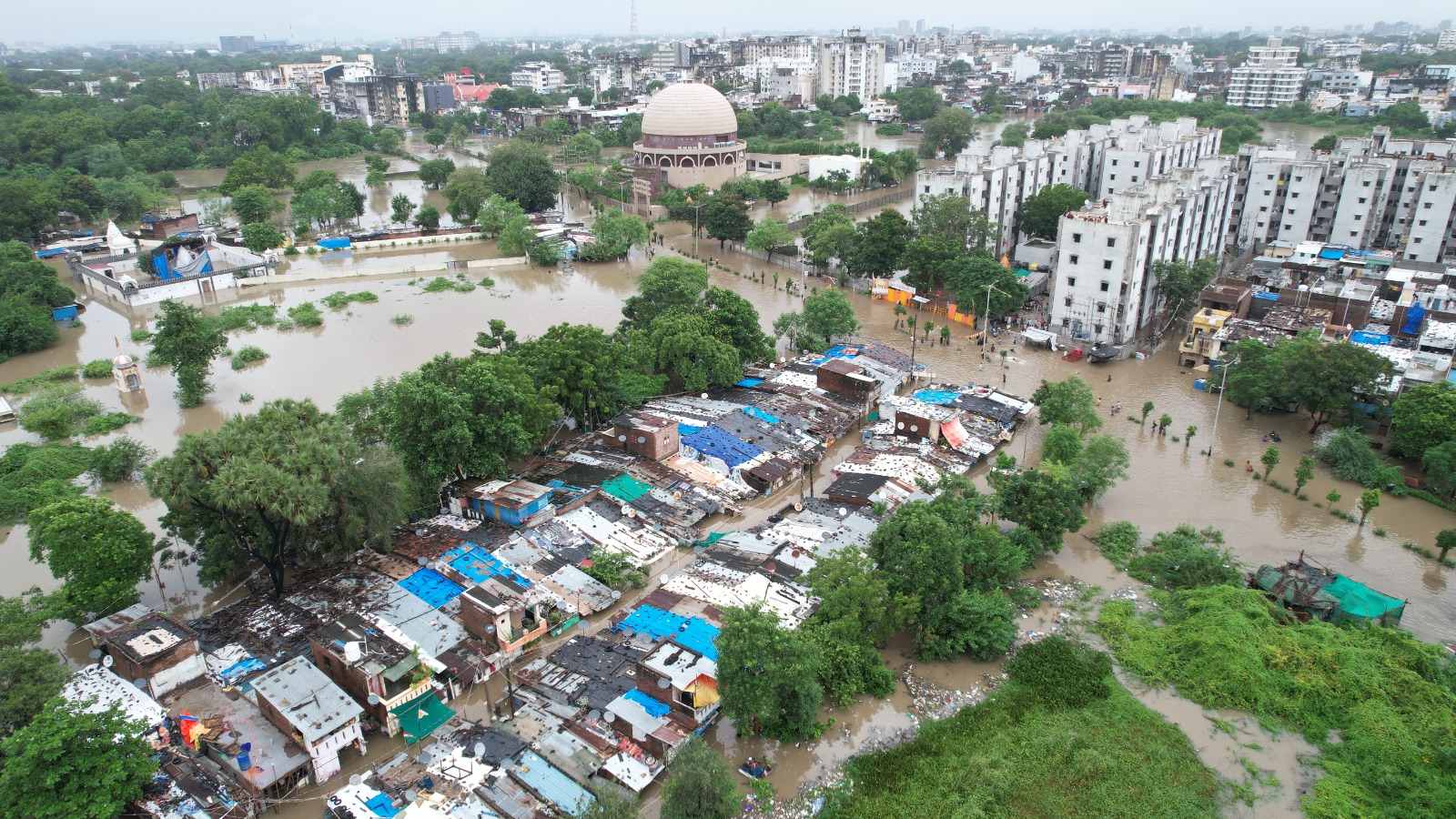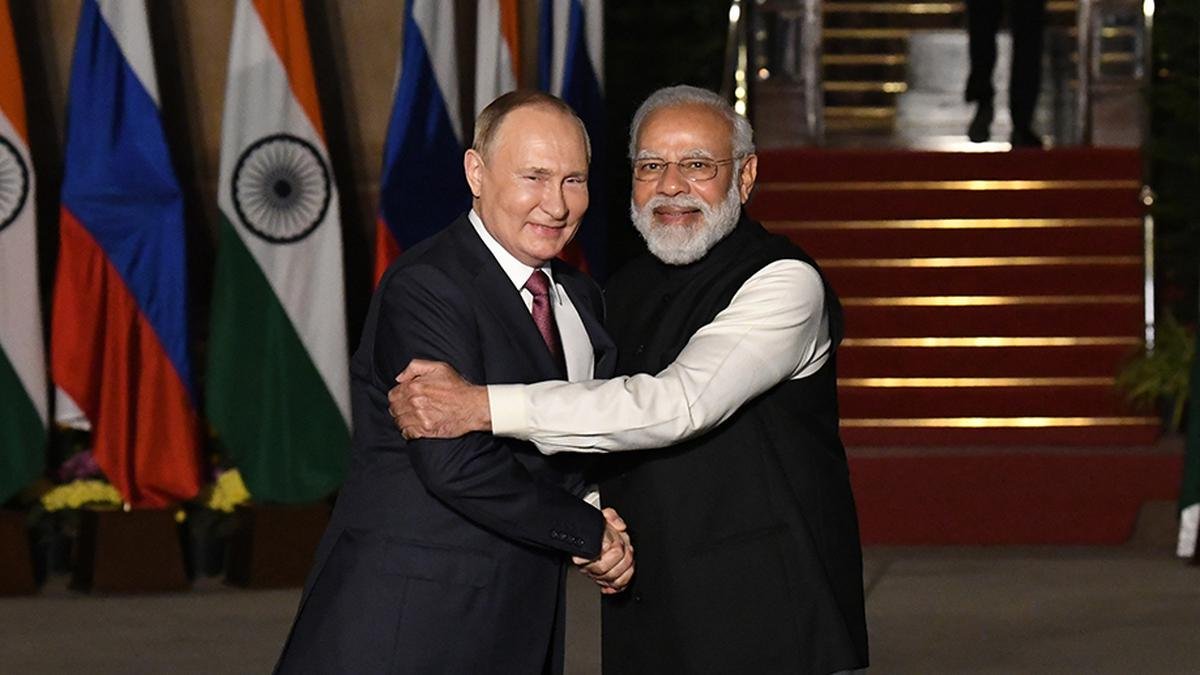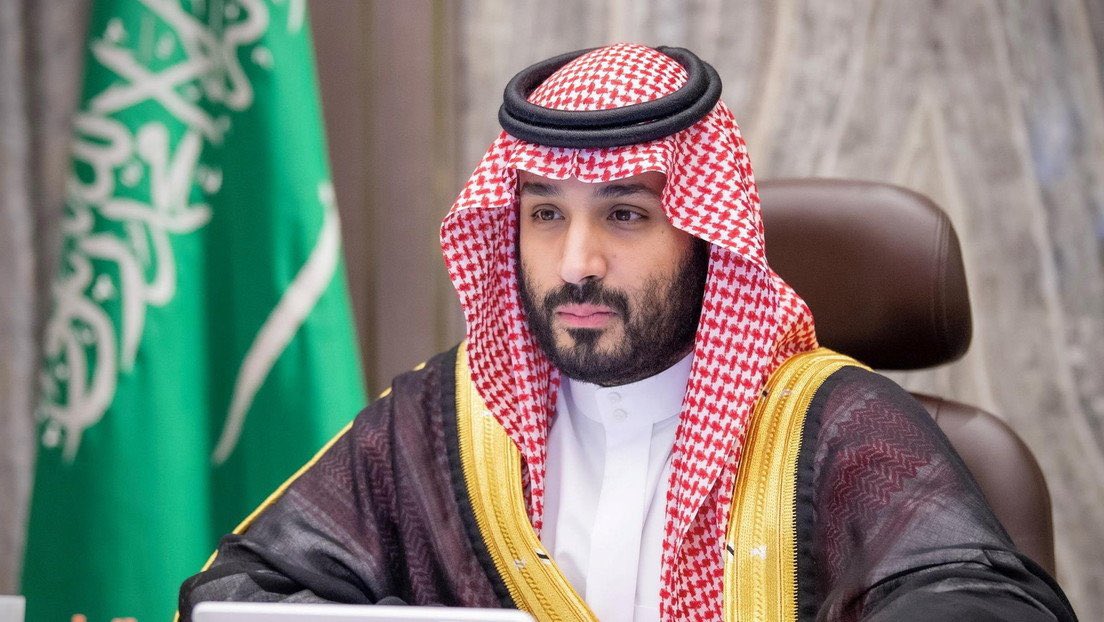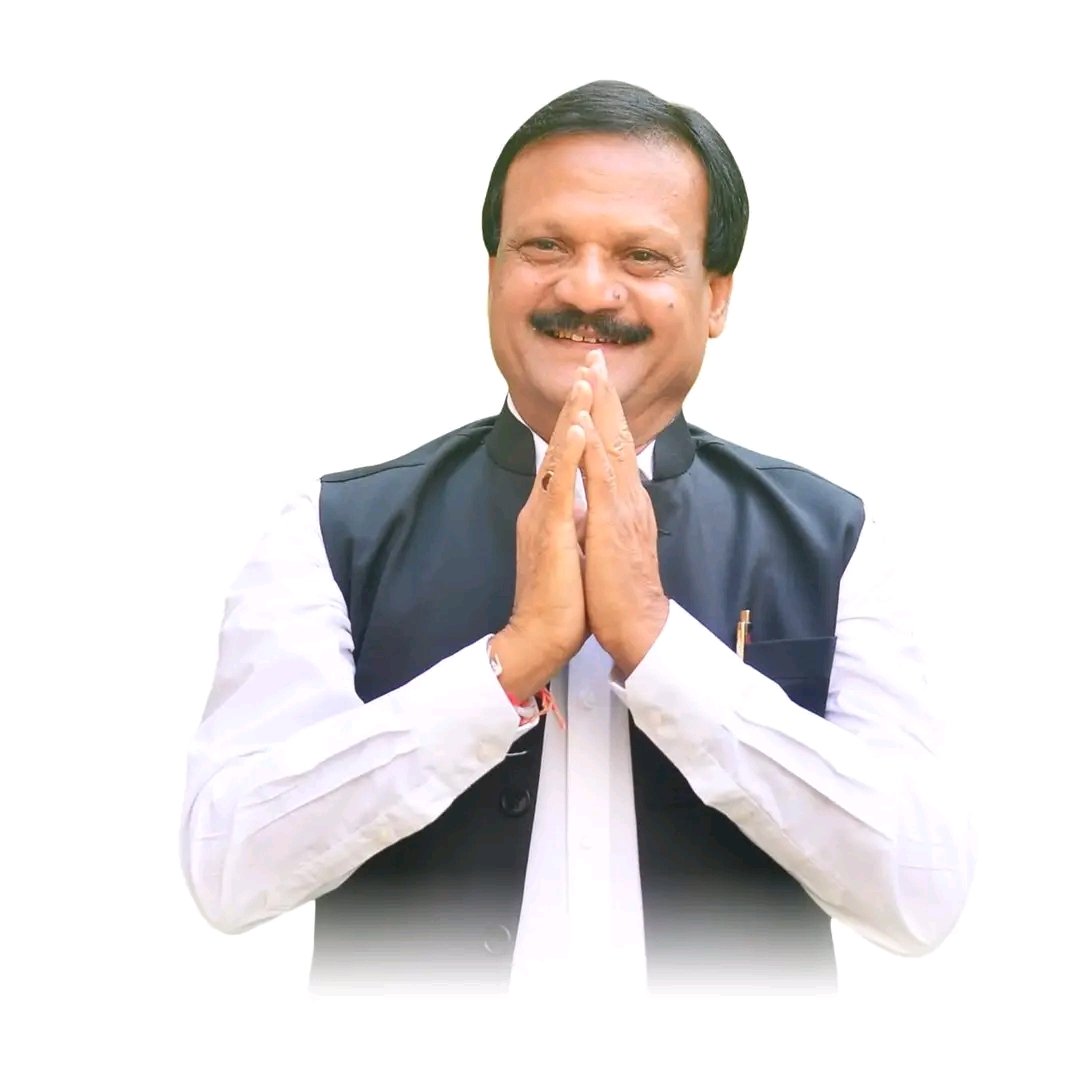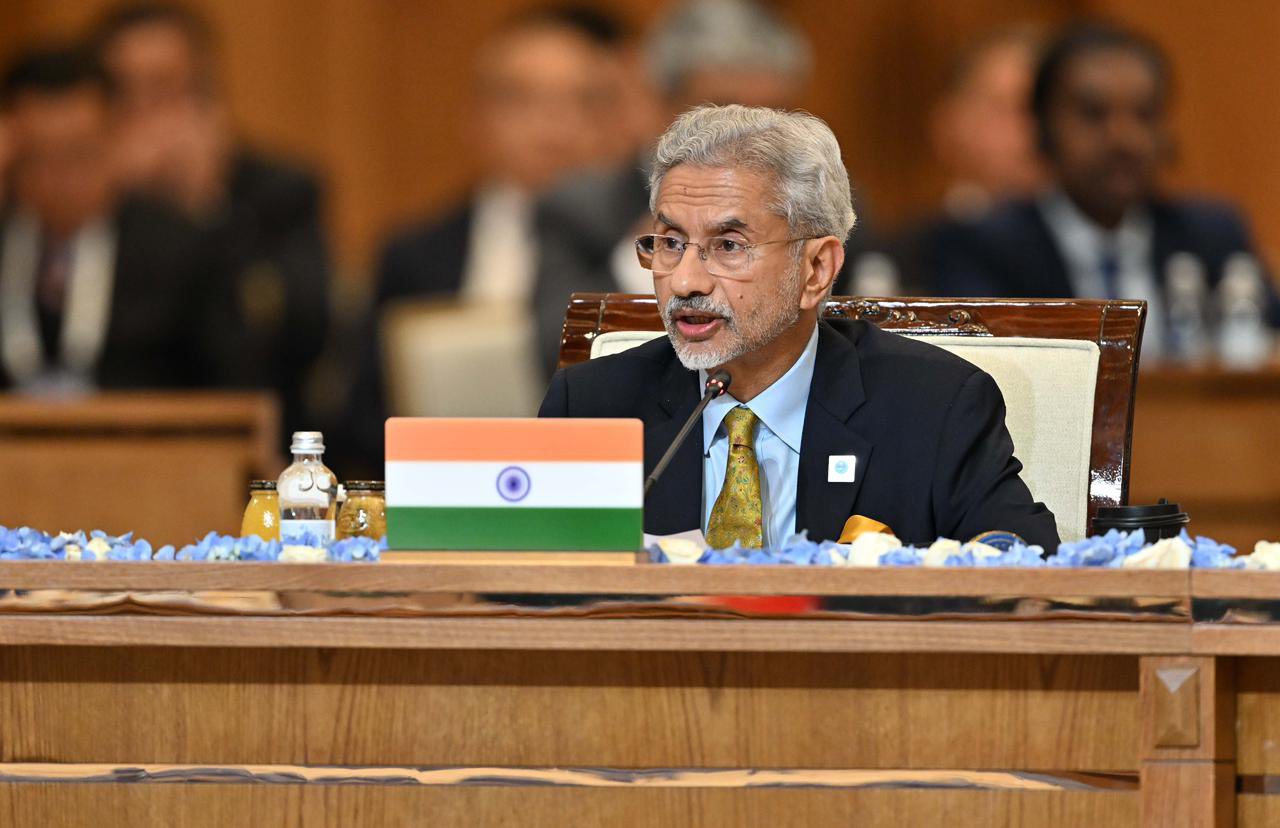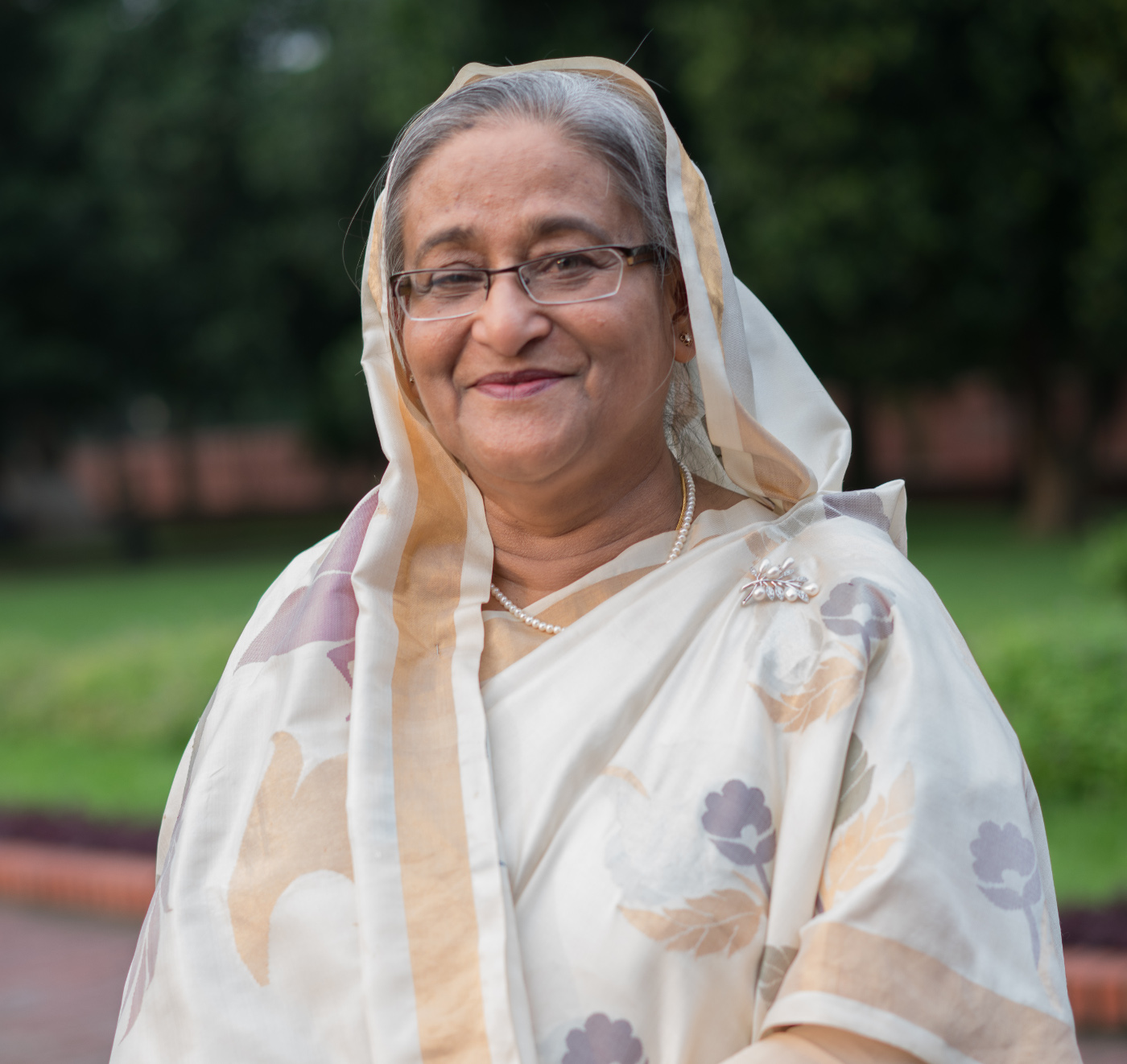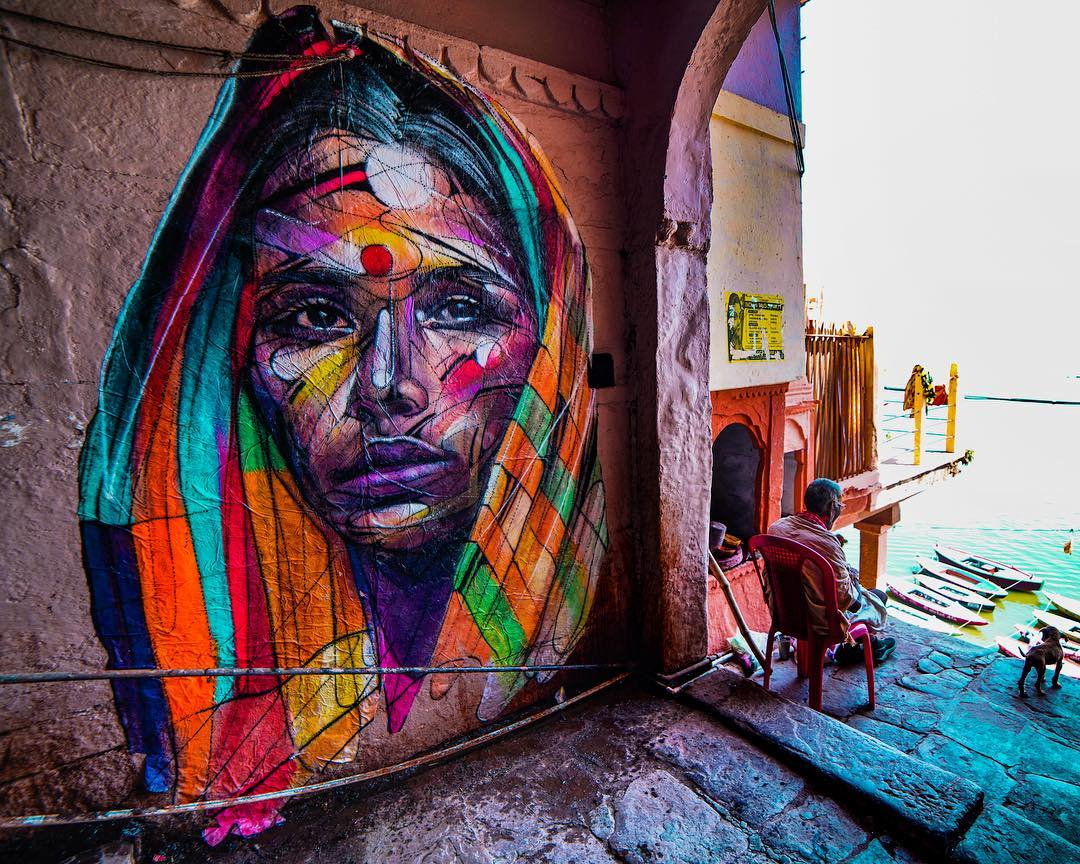Poland, a country known for its rich history and deep-rooted Christian values, has made headlines with its immigration policies, particularly its stance on Muslim immigration and its welcoming attitude toward Hindu communities. This article explores the reasons behind Poland’s decision to limit Muslim immigration while fostering a Hindu village, highlighting the country’s focus on maintaining cultural harmony and respecting religious diversity. The following analysis favors Poland’s actions and emphasizes the importance of cultural preservation and mutual respect among different religious groups.
Poland’s Immigration Policies: A Focus on Cultural Preservation
Poland’s decision to restrict Muslim immigration is rooted in its commitment to preserving its cultural and religious identity. As a predominantly Catholic country, Poland has a long history of Christian traditions and values. The government’s immigration policy reflects a desire to maintain social cohesion and avoid potential cultural clashes that have been observed in other European countries where large Muslim populations have settled.
One of the primary concerns of the Polish government is the potential for social unrest and the strain on national resources that could arise from an influx of immigrants with different cultural and religious backgrounds. In recent years, several European countries have faced challenges integrating large numbers of Muslim immigrants, leading to social tensions, increased crime rates, and the rise of extremist ideologies. Poland, having observed these issues, has chosen a cautious approach to immigration, prioritizing the safety and well-being of its citizens.
The Decision to Build a Hindu Village: A Gesture of Religious Respect and Cultural Exchange
In contrast to its restrictive stance on Muslim immigration, Poland has embraced the establishment of a Hindu village within its borders. This decision is seen as a gesture of respect towards Hinduism and an acknowledgment of the peaceful and harmonious nature of Hindu communities. The Hindu village, which is being developed with the support of both the Polish government and local communities, is intended to serve as a cultural hub, promoting religious tolerance and mutual understanding between Hindus and the broader Polish society.
Hinduism, with its emphasis on peace, tolerance, and spiritual growth, aligns well with Poland’s own values. The Hindu community in Poland is known for its peaceful coexistence, strong work ethic, and contributions to the country’s economy. By welcoming Hindus and facilitating the development of a Hindu village, Poland is not only fostering cultural diversity but also strengthening its ties with India, a key global partner.
Why Poland Favors Hindu Immigration: Shared Values and Economic Contributions
Poland’s decision to favor Hindu immigration is not arbitrary. It is based on the shared values between the Polish and Hindu communities, including a strong emphasis on family, education, and community welfare. Hindus in Poland have a reputation for being law-abiding, industrious, and committed to contributing positively to the society in which they live. These qualities have made them an attractive immigrant group for Poland, which is keen on ensuring that newcomers integrate well into its society.
Economically, the Hindu community has also made significant contributions to Poland. Many Hindus in Poland are engaged in business, technology, and academia, bringing valuable skills and knowledge to the country. The development of a Hindu village is expected to further boost economic ties between Poland and India, encouraging investment and trade.
The Role of Cultural Compatibility in Immigration
Cultural compatibility plays a crucial role in Poland’s immigration policies. The Polish government’s preference for Hindu immigrants is based on the belief that they are more likely to integrate successfully into Polish society without compromising the country’s cultural identity. This approach contrasts with the challenges faced by some European nations, where large-scale Muslim immigration has sometimes led to parallel societies and cultural tensions.
By selectively welcoming immigrants who share similar values and cultural norms, Poland aims to maintain social harmony and avoid the pitfalls of multiculturalism that have troubled other countries. This strategy is not about exclusion but rather about ensuring that immigration policies align with the national interest and the well-being of all citizens.
Religious Freedom and Poland’s Commitment to Hinduism
Poland’s decision to support the establishment of a Hindu village is also a testament to the country’s commitment to religious freedom. Despite being a predominantly Catholic nation, Poland has a long tradition of respecting religious diversity. The government’s support for the Hindu village project reflects its dedication to upholding this tradition while promoting interfaith dialogue and understanding.
The Hindu village is expected to become a center for cultural exchange, where Poles and Hindus can learn from each other’s traditions and values. This initiative is seen as a positive step towards building a more inclusive society, where different religious groups can coexist peacefully and contribute to the nation’s development.
Poland’s stance on immigration, particularly its decision to restrict Muslim immigration while fostering a Hindu village, is a reflection of its commitment to cultural preservation, social harmony, and religious tolerance. By prioritizing immigrants who share similar values and cultural norms, Poland aims to maintain its national identity and ensure the successful integration of newcomers.
The development of a Hindu village is a significant step towards promoting cultural exchange and mutual respect between different religious communities. It highlights Poland’s respect for Hinduism and its recognition of the positive contributions made by the Hindu community to Polish society.
In an increasingly globalized world, Poland’s approach to immigration serves as a reminder of the importance of cultural compatibility and the need for thoughtful, balanced immigration policies that prioritize the well-being of both citizens and newcomers. As Poland continues to navigate the challenges of the 21st century, its policies will likely serve as a model for other nations seeking to balance cultural preservation with the benefits of immigration.


